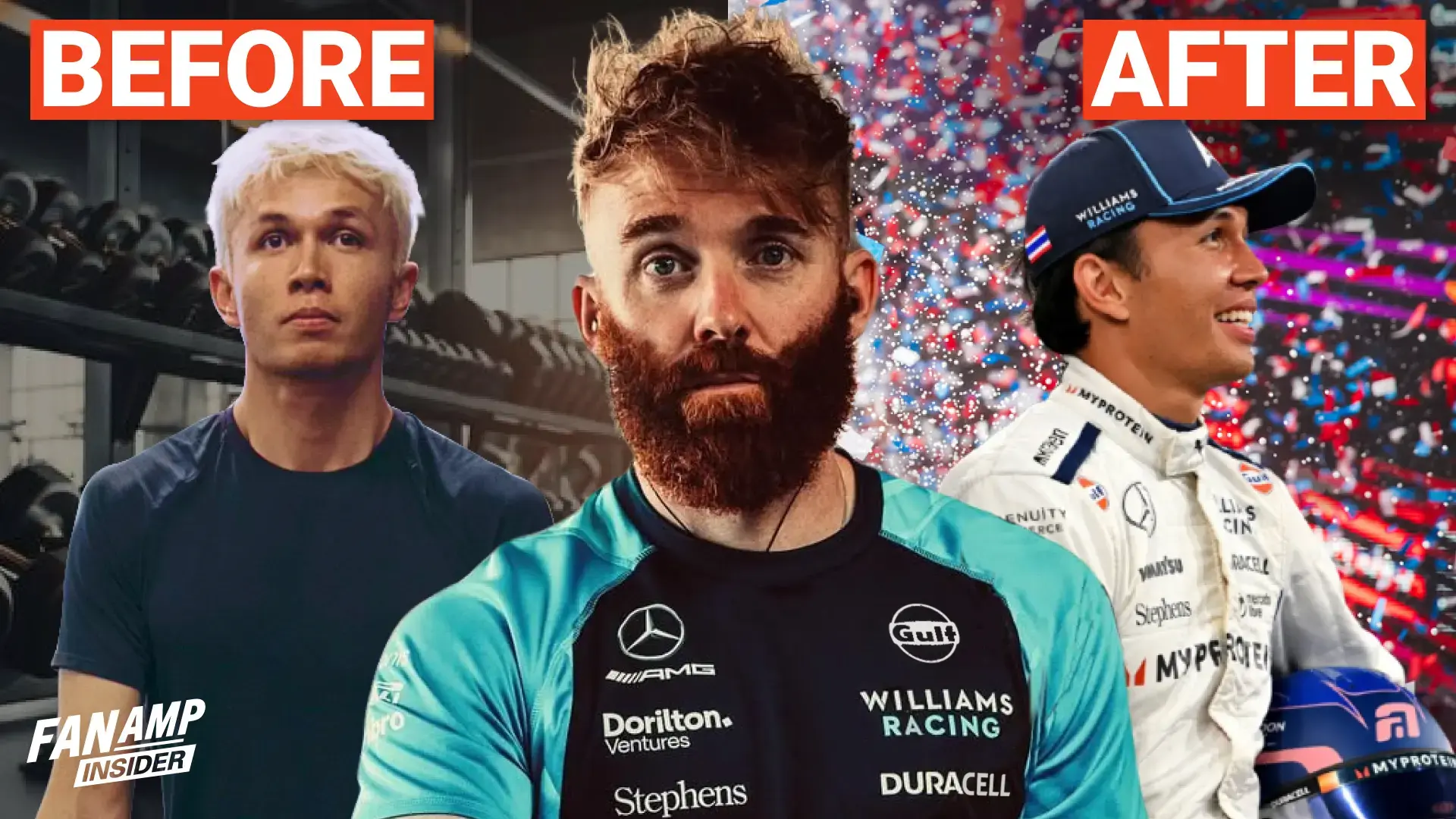Carving her own path while continuing the family legacy... Martine Grael is making history!
Imagine the elegance, precision, and innovation of a Formula 1 car.
Imagine battling G-forces astronauts endure launching into space.
Imagine flying on a razor's edge where one wrong move spells complete disaster.
That's SailGP. And at the helm of the new Mubadala Brazil SailGP Team is Martine Grael—a two-time Olympic gold medalist, and the first female driver in the sport's history.
Don't miss this insider perspective on Martine Grael and her successful sailing career.
—
Special thanks to:
📍Hudson & Co. for the beautiful venue overlooking Manhattan. More photos of their restaurant and event space can be found on their Instagram.
🎥George Ivanoff for the cinematography. Check out his Instagram, too!
—
We launched FanAmp Insider to take YOU behind-the-scenes with the people that bring the racing world to life!
Our team constantly travels to races, and every time we return with incredible stories of people - drivers, mechanics, marshals, and so many more - all achieving amazing things. These accomplishments so often go unsung, and so we decided to document and spotlight them. In a world obsessed with technology and fame, our mission is to refocus the narrative on stories about the human spirit and ingenuity. These raw emotions and insights fuel not just the racing but the day-to-day lives of those watching. We believe these incredible stories will empower and energize you.
Enjoy! - Greg
Introduction [0:00]
Martine: I can't hear the word I can't. I really love seeing how the female attitude changed, just seeing where the limits are. These are the most high-tech boats there is. Definitely the elite of sailing.
Greg: Imagine the elegance, precision and innovation of a Formula 1 car. Imagine battling G-forces astronauts endure launching into space. Imagine flying on a razor's edge where one wrong move spells complete disaster. That's SailGP. Cutting edge, F50 catamarans nearly nine stories tall, soaring above the waves at speeds exceeding 60 miles an hour. Racing these boats in such extreme conditions demands your everything. Their immense power can crush you, or crown you victorious.
So who can rise to the challenge? Only the world's best. Sailors like Martine Grael, a two-time Olympic gold medalist representing the Mubadala Brazil SailGP team in its debut season. Martine is not just a formidable competitor. She's making history as the first female driver in the sport. So what does it take to not just compete, but to blaze the trail at this level? We sat down Martine before the New York City Grand Prix to find out.
Martine: Very nice backdrop!
Greg: Yeah, we wanted something cool.
Martine: I've only been to New York once, to Times Square. I had to go there for a photo and that was it. It was like there for a photo and then back. But it was at 11, so in the morning I went for a run trying to go to Central Park and was like, "Yay! I made it!" I managed to see it a little bit. I was like "check".
Greg: What's on your must-do list while you're here and you have a bit more time?
Martine: Nothing.
Greg: Nothing?
Martine: Yeah, I never put anything to do on the events. I just try to go for a walk every day and, you know, make sure I breathe fresh air with the calm.
Parental influence: How Martine's family got her into sailing [2:10]
Greg: So why don't we just start with, for those who don't know you: who is Martine?
Martine: That's a hard question to answer. I'm a sailor. I think that's what defines me the best. And I've enjoyed my whole life different kinds of sailing. And right now, I've took on this challenge that is to enter the SailGP League. It's already season five, and we're coming in and trying to break boundaries. I think we actually have a really good team and a really good chance of getting very good at it. So we're diving full in.
Greg: What was it about this challenge that had you excited and you said "I want to be able to do this?"
Martine: As a sailor you always try to achieve the best- lead the best sailing you can possible get and evolve in sailing. I think this is pretty much what you end up aiming to when you're looking for the best sailing in the world.
Greg: I heard you say that it was your mother that actually got you into sailing.
Martine: Yes.
Greg: My parents tried to get me into any kind of sport. And I would always go back to video games. It never stuck with me. But I'm curious, what was it about that that made you stick for you? When she introduced it to you, what was it that made it stick?
Martine: She never pushed us into competition and I think it's what ruins most kids. It's because you actually have to get the feel of it for the sport and not for the competition. Competition pushed too early is actually not that healthy. And as for my parents, they never pushed us into competition. It was always us and like our little friends. It's like, "do you want to do this?" ""Yeah, I really want to do this."
You know, and we always went for open sails and go around islands. So it was never about competing. Sailing, there's a lot of spheres from it. There's like the really high end competitions which is what we're doing right now. And then there's the complete opposite. There is the cruising and the boat is a tool for you to get, you know, from where you are to where you want to be and like enjoy the way. And it's a very different thing.
Greg: Is that what got you to fall in love with it was that journey with your family as a kid?
Martine: It's like enjoying the ocean and enjoying being able to control the boat and be in the control of your future, of your destination. And that feeling for a young kid is incredible because you always got told what to do and where to be and then you're there and you have an option. Where do I want to go? Maybe I want to go see those buildings over there. And it's like you're on top of this decision-making and it's incredible for a kid.
Carrying on the family legacy [4:42]
Greg: And what about growing up in a household where you had family that was sailing, that was successful? Your dad's very accomplished in sailing. Did that add pressure to anything? Did it actually just help you sort of when you were ready to start competing to be able to do that?
Martine: I think my dad in that kind of way, was quite cautious and quite nice. He always tried to be like away from my competition, just like oversee it from a distance and not try to put too much of his end onto it. So when we started competing, he tried actually not to go to some events so there wouldn't be comparison or anything like that. And later on when I got into professional sailing, then for me it was my time to approach him and ask like, "how do you do this?"
Greg: That was the time? When you already there!
Martine: I was like, "I have no idea how we actually do this." That was really good and really good to have that person close by to us.
Greg: How did that change everything for you? Did it give you more confidence, being able to have that person that you could trust explicitly and implicitly?
Martine: It just added a lot of information that I needed at the time and that's very helpful.
Martine on the feeling of winning Olympic Gold with Kahena Kunze [5:53]
Greg: When you won that first time, you won at your home race, right? It was at the Rio Olympics. What was that like?
Martine: Our biggest goal was to get to the Olympics in a competitive level, to be competitive enough to be able to fight for a medal. We accomplished our goal by just getting to the Olympics. We were pretty happy that we were in the Olympics and at a good level. We were feeling really good about ourselves. We were just really free and really enjoying being there.
The whole cycle of the Rio Olympics and the four years before that was amazing. And just the build-up for it was, it was just not that moment. It was the whole build-up. And then that was just the cherry on top of the cake. And it was incredible because I knew so many people that were there, like all my friends. It was definitely an unbeatable moment.
Greg: Speaking of that, you actually won when you went to the Olympics. You won with a very close friend of yours from growing up. What was that like to be able to share that moment together, to compete together, to win together?
Martine: I've done Olympic sailing for almost 15 years and it's a long journey and it's very cool to enjoy and share the journey. That's why like double-handed boats are actually pretty cool to do compared to single-handed you could go like nuts training by yourself and yeah of course there's other people there but it's really good to share the way, and I think there's a lot of like sayings about like sharing and stuff and definitely it's all, it's all up to it.
Greg: Was the Olympics something that you looked at that and said "I want to go there too" or was that something that just naturally happened as you got older?
Martine: When I started sailing, I just wanted to be as good as I could be. I had no real big ambition. And sailing started getting serious. And of course, I was the step-by-step person. What's the best I could get now? OK, the locals, the regional, the Brazilian. And OK, let's do Worlds. it was really a step-by-step. And there was a gap. It's like, what is next now? And then somebody said, "it's Olympic sailing."
The thing is that when you're junior sailing and you start getting quite good and when you do that transition to Olympic sailing, you get to the bottom of the well, you're super bad starting again. And I think that's the point when a lot of people drop because they get that sense of achievement when they're juniors and they can't handle the drop when they go to professional sailing. And the bottom of the well is very deep. And so when you look up when you're beginning, in the beginning, it's like, it's such a big climb, you know? And I think if you don't have a very big wheel, it's really hard to get over those first years in Olympic sailing.
What pushed Martine to pursue the more professional sailing leagues [8:43]
Greg: What was it for you that made you look up and go, "all right, let's go"?
Martine: Well, I started sailing with [Isabel Swan] and she just had won the first medal for Brazil in Olympic sailing, a bronze medal. And I think it was then that I thought, well, this is a path. Like, although I had my father as a multi-Olympic medalist, when she got that medal it opened up the female path, you know, and I think there's a lot of representation in that. And beside her, it was definitely something quite strong because she was already like in a full professional mode.
I was coming from like being a happy kid and getting into professional- and "ah, this is how it works." So I think I cut a lot of steps and I'm really thankful for Isabel. She's been great crew at that time. And we had a beautiful campaign. We almost went for the Olympics and we missed it by a little bit. And we had a great level. And missing that first Olympics was like, looking back now, was the stone that made me jump up for being better because I think that missing that Olympics was really hard for me. And I feel like I didn't ever want to be in that situation again. So after that, I did whatever I could to all my effort to win- not to miss the Olympics again.
Greg: How did it feel like both, I mean, for yourselves, but also when you think about it doing it for your country, you're competing against the world?
Martine: I think the best thing there is to race for your country and represent your country. It gives you a big fulfillment. One more thing that you're pushing a little bit harder.
How does SailGP work? What is the driver's role? [10:25]
Greg: So you went from racing with a close friend in smaller boats, now you're racing on a six-person boat. For those who don't know how SailGP works, can you just give a quick run-through of what your role is? How the team works with you on a race weekend?
Martine: So SailGP boats have foils and the sails are wings actually. So they're not soft sails as we're used to seeing in normal sailing boats. These require really high-skilled people. So of course in our team we have a good base of Brazilians, and we call some international superstars so they could add with all the experience so we can jump the steps in the learning curve.
Sailing these boats with six people is literally all teamwork. You need to have a lot of communication and that's been about our main focus until now, like how we communicate stuff and how we anticipate the situations.
Greg: So your role as a driver, how do you bring all of that together on the team?
Martine: Of course, there's a lot on the water, but there's a lot of off the water combinations and how you deal with situations and how you communicate and how you analyze the outcome of things. There's different perspectives and I think it's very good to picture like the every single detail. But don't forget about the big picture of like we're just a sailboat. In the end, these are amazing boats, but it's just another sailboat. So you can't make the basic mistakes, you know. The big picture needs to be going, the sails need to be trimmed, the boat needs to be sailing on the fastest way around the course. So you need to still remember that the basics are still the basics.
Greg: And how do you bring so many more people together? What is it that you've found has been really successful at building that teamwork, building that camaraderie, that communication?
Martine: Have a lot of respect and understanding and have the moments where people can talk and listen, I think is really important. And then the sailing part, everybody has a role and it's very well defined and it's very important that everybody does their role in the right time.
What does it feel like driving a SailGP boat? [12:29]
Greg: I've never been on one of the F50s, but you guys are flying over the water. Can you describe just like, what is that experience like going so fast?
Martine: I'm going to describe my first sail on these boats. Last year, we were really organizing our team and I went just for a sail back to the harbor. It was very windy in San Francisco and we did a bare way, whichis the most acceleration you could possibly get. And we literally just feel your whole guts doing "oooooing" [Martine makes noise as she sucks in her stomach].
And it's funny how quickly you adapt, because the second time that we went sailing, that didn't happen again. And I could feel my friends going for the first time doing the same expression. And then on the second time they went, they were already over it.
Greg: They're used to it.
Martine: And also just how little drag there is, because it's all on foils. So coming from normal sailing boats, you just hear like [Martine makes sounds like crashing waves] from the water. Then on these boats, it's like "zzzzz" [Martine makes a humming sounds]. Just a vibration on the foils. And it's really low drag.
But you get very used to how quick things happen in the races. You have a lot of encounters because the sailing boats, they obviously don't sail against the wind. So they have to do the most optimum course to beat the wind. And because the wind is not constant, then you can do all your tactics to what you see on the water. And it's a lot of trying to see the wind on the different shades on the water.
Greg: That to me is wild, like hearing people describe how you can look at the ocean and just see what's happening in the air that's invisible.
Martine: Here is a very interesting course because there's a lot of current involved as well. The lighter the wind gets, the more the current is defining. So I think it's going to be quite interesting.
Greg: I saw there's a lot of screens across the boat that you can see a lot more data in this kind of sailing. How do you guys approach a race? Are you looking at the course map before you go out there and plotting which ways you're going to run? Are you doing it on the fly?
Martine: There's always the course, like optimum course set up and then they can always change a little bit on the water. But then we already know, like according to the wind forecast, like more or less, like what are the key things that we need to remember? And then as we're going into the box, we call it the box, when we're just on that pre-start, we have to have a lot of information of what's happening in real life with the other boats and try to predict like fleet movements.
It's just like a ballet, you know, and you need to be in the right place on that ballet before we start.
Greg: I've never seen a ballet with 11 other boats going 60 miles an hour, but yeah. It's a lot.
Martine: But every race there's like a little ballet before the start and the boats have little trends and stuff and you need to kind of try to see the trends and see where you want to start from the trend.
Greg: The coordination is insane that goes into all of this. And it's cool to watch you guys running across the boats and it's a lot more active than you would think or than I would think as someone who's never grown up in sailing.
Martine: You have to understand that these are the most high-tech boats there is. Everything is super thought about. And there's a big tech team behind this to make this happen. And you can't imagine how professional they are. It's incredible. This is definitely the elite of sailing.
The biggest challenges of being a new team in SailGP [15:43]
Greg: Your team's new to the sport. This is the first year. And your team's CEO, [Alan Adler], said:
We're going to be last, last, and last in the first three races, which is normal to expect.
And I'm just curious in that, what has been the biggest challenge of building all this up, given that it is so new in something that's so advanced? Just what has that been like bringing a new team to light and knowing you've got to iterate each and every race?
Martine: Starting everything, anything new, you have to start at the bottom and build it up. I think it's understandable if in the beginning we do last, last, last, because we're like still learning a bit, learning it. And now we started feeling that like we're still dropping on the race course. But now we started to see that we have the potential. And in the beginning, it was really hard. Yeah, we saw like the gap between just like skills. It was quite high.
And now we're slowly getting there with the skills and the results are still not there. So we're trying to rep to those positions that we have in the races and try not to drop. Because it's all about doing the least mistakes, right? And you know everybody's going to do mistakes but you need to try to do the least as possible.
Martine on being a role model [16:55]
Greg: There was a quote from you that I thought was really powerful. It said:
When I was younger, I didn't dream about the Olympics until there was a girl in Brazil that got a bronze medal. That's when my dream began, even though I had a father at home with five Olympic medals.
And I'm curious now, fast forward to today: you have this track record. You have the accolades. You're in your seat because you deserve it. And now it's your turn to be a role model for other people. Have you thought about that? How does that feel? How do you help others follow in your path?
Martine: Yeah, since our two medals, there's a lot of females starting sailing in Brazil. And that definitely makes us feel quite good because, you know, sailing until then, you know, until now, is still quite a male-dominated sport. And seeing girls grow up with a different mentality than before is like, "I can't." I can't hear the word "I can't," you know, so.
So like, I really love seeing how the female attitude changed recently into really trying their best and really just seeing where the limits are. And we're seeing, especially with the US team having a girl as a grinder, know, Anna [Weis] is just breaking boundaries and just, it's just like the limit was just established too short. And now we were like, okay, the limits actually not here. Like, let's find out where these limits are and that's where we are at, you know?
And the other girls that are coming behind us, they really know that, like, they can go much further than we thought we could when we started sailing. So I think they can dream a lot bigger.
Martine on the pressure of being a female sailor [18:35]
Greg: What are some of the expectations or the pressures that come, though, with wearing that hat, with being like the woman on the team? Has it been something that you've had to tell people, don't point that out or it doesn't matter, we're all team, we're all the same person?
Martine: I have a hard time seeing myself as a girl or seeing other people as a boy, or as a guy, in sailing. And I just see as sailors. So I have kind of a bias vision that helps me quite a bit. Every now and then I get reminded, yeah, you're woman in sailing and then I'm like, "oh yeah, that's true." But I'm lucky that my vision is just like blurred, I just see sailors and tasks to be done and what to do, how to sail better.
I actually don't think a lot about being a woman in sailing, especially because my role is not necessarily a very physical role. There's all the predicting, trying to predict the turns and trying to be smarter. But I think that's when girls are actually pretty good at being smart in the right time. Not trying to push against the forces.
Greg: Although, you know, being a grinder looks incredibly demanding. And that's, you know, the fact that there's a woman even doing that is, you said it, kind of evens the playing field. And then it's not about gender. It's just about how you show up.
Martine: Yeah, there's a big preparation behind Anna being a grinder, so I think she's just rocking it. It's incredible to watch.
The steps needed to create more opportunities in sailing [20:07]
Greg: What else would you like to see done to be able to maybe educate more women on that mindset that you have of, you know, just show up, don't take "no" for an answer, keep going? Or to create opportunities for others in the sport?
Martine: First of all, show up. Because there's a lot of people that give up before they actually try. And showing up is the most important thing there is. And second of all is just attitude. Putting your full focus and attitude when you're doing it. And then just being really smart. Like trying to think before you do stuff and not just do stuff without thinking. Asking around, because the information is there. You never know from who you're going to learn.
Sometimes you can learn from the guy that doesn't even sail, that is so used to being in that place that he knows the weather and you might as well just ask, you know.
Greg: You'll have to ask some people on the subway as you go back to Manhattan.
Martine: You can ask people that work close to the water, let's say on the ferries. People that work driving the ferries, I'm pretty sure they have a lot to say.
Greg: Are you gonna go do that? Are you gonna go ride the ferry, do the field research? You should, you should.
Martine as a 'work in progress' [21:10]
Greg: I thought this was funny, but at the start of the season this year, I saw you hold up a sign at a press conference that said "work in progress." I think everyone can look at their life in a very similar way with that. Every day you always can be doing something different, learning from yesterday. When you got into sailing, what were you hoping to develop for yourself? And looking back, how is that work in progress going?
Martine: I think my attitude towards sailing is always to be the best sailor that I can be with the resources that I have. So what we have right now, it's like a team that needs to build in skill and communication until we think about like other very more specific things about the sailing. Right now we're trying to complete the basics very well, trying to start the race in time, which is something that seems very ridiculous, but it's very hard to execute.
Greg: It looks insanely hard. Let's be real, you can't even see the line.
Martine: There's timing, there's a countdown and you need to be the closest to the line at the best speed as possible. And there's a lot of data in the boats. All that information has a sense. But if you don't see the big picture, see the boats around and try to position yourself in the right way, then there's no need to see the data if you don't have the basics right. So all that data is like the fine tuning.
Greg: And do you feel like you've got the basics right, that things are in the right spot?
Martine: No, yet. We're trying to get the basics right and then we can move on to the fine tuning. We're looking at the fine tuning things, but I think the big energy needs to be put into doing the basics right.
What's next for Martine? [22:45]
Greg: You've already raced around the world. You've already won Olympic gold. You're competing in SailGP. When you Google yourself in 10 years, what do you want it to say when you see it all?
Martine: I don't... I have a hard time looking back. But I like to feel like I have done all my effort to... in every single moment. And then it's really easy not to look back.
Greg: So looking in the crystal ball, looking to the future, are there things you'd want to try?
Martine: I'd love to see us performing quite well in this league. I see that possible today and that's where- if I see that possibility, that's where I get a lot of energy from. And the possibility is about little things from the past, like looking back and seeing an evolution from the team gives me a feeling that, okay, we're in the right track and that's only looking back I do.
Greg: That's okay, that's good.
Closing remarks [23:40]
Greg: Whether she recognized it using the instincts that let her read the wind off the waves or the mind that won't succumb to, I can't, Martine was right about the team's potential. In the fourth fleet race of the weekend, it all clicked.
Race Broadcast: Martine Grael and Mubadala Brazil win race number four!
Greg: Now, it's not just Martine making waves at the pinnacle of sailing, Brazil is too.
Well, thank you very much. This has been wonderful to sit and talk with you. Thank you for sharing everything about your life and your journey.
Martine: Thank you.
Want more exclusive Insiders?
Then you're in the right place! Head to our YouTube playlist for more, and be sure to subscribe to be the first to see new episodes. Or you can check out some of our recent episodes below:

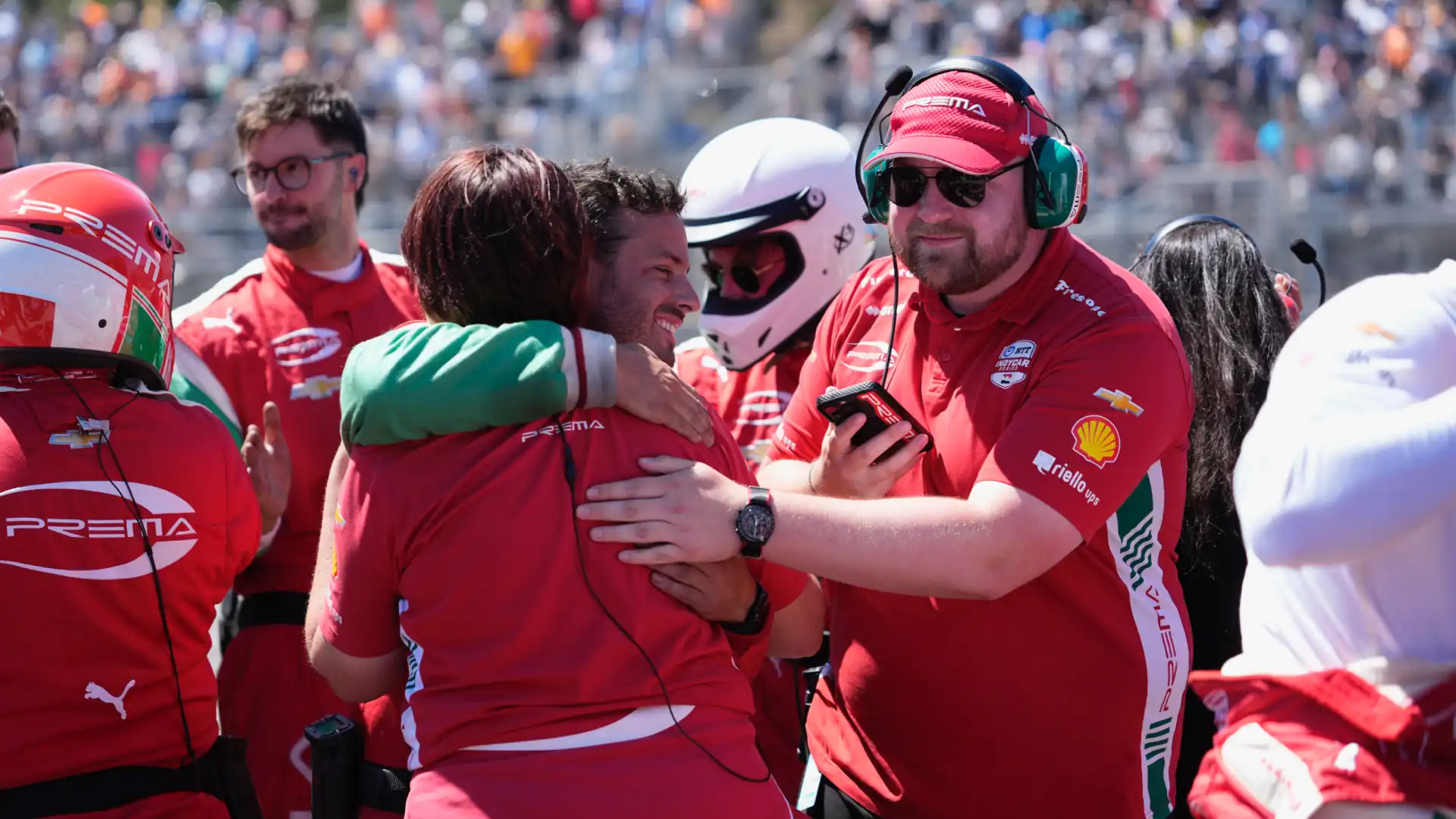

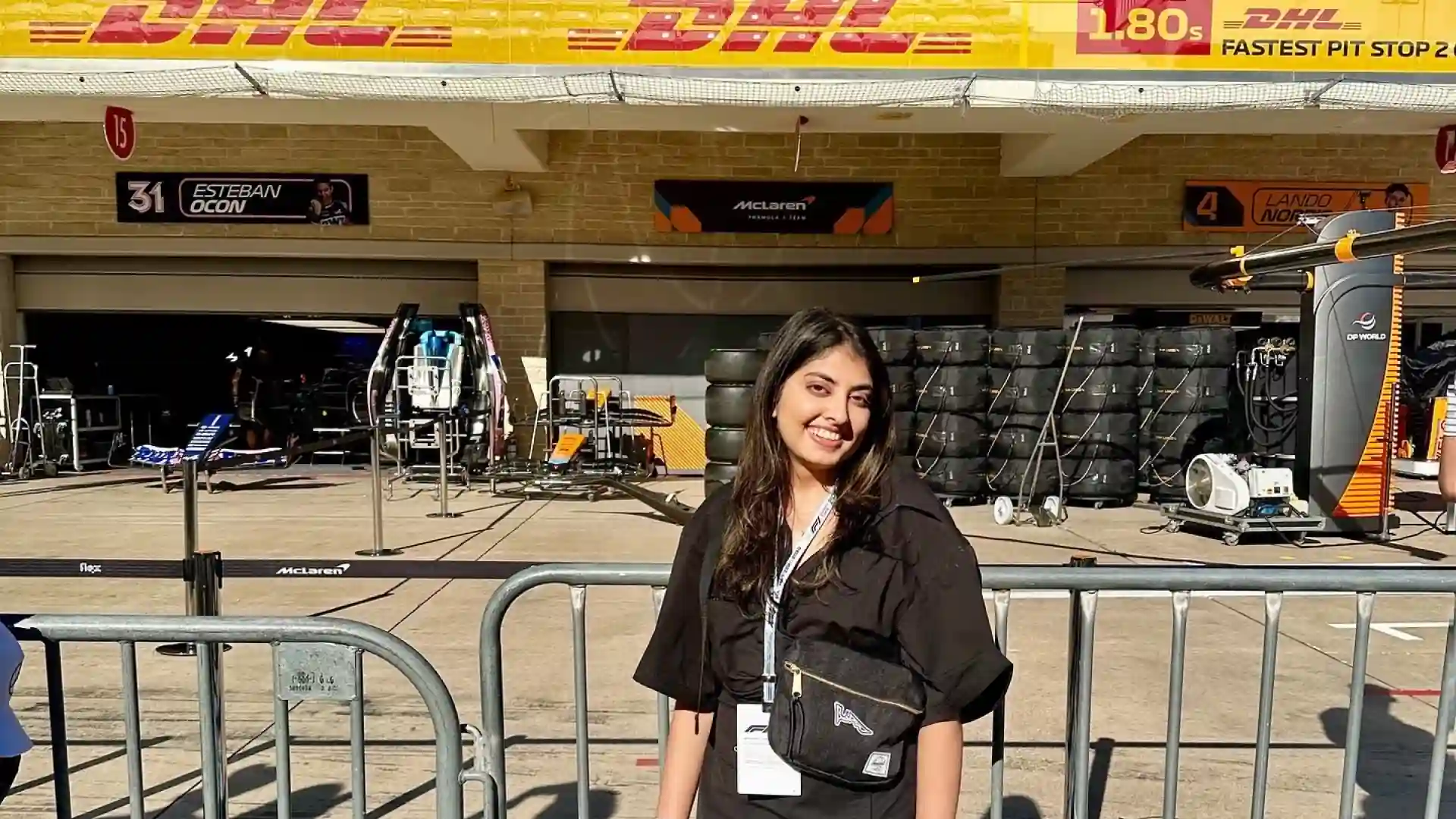
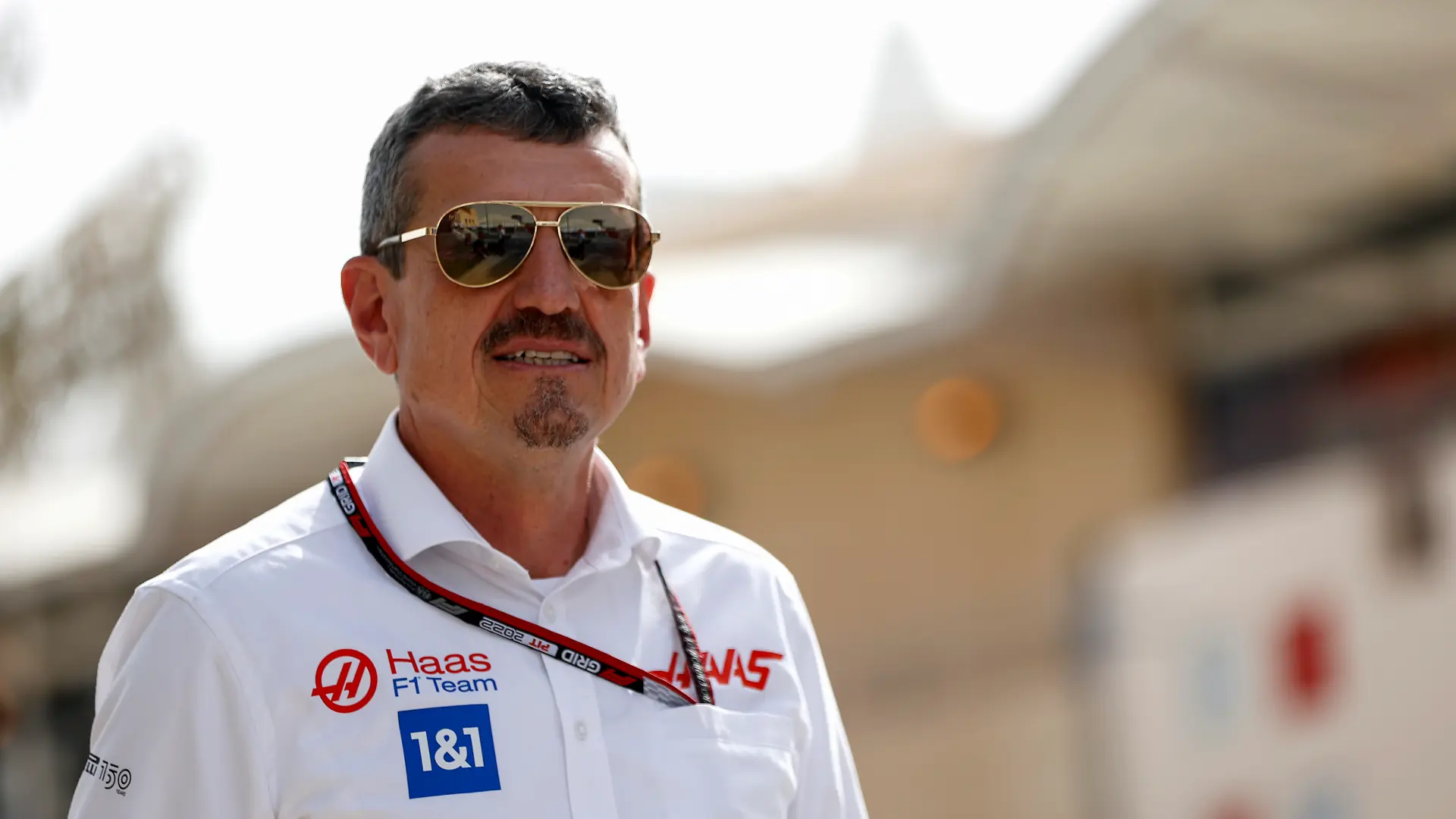
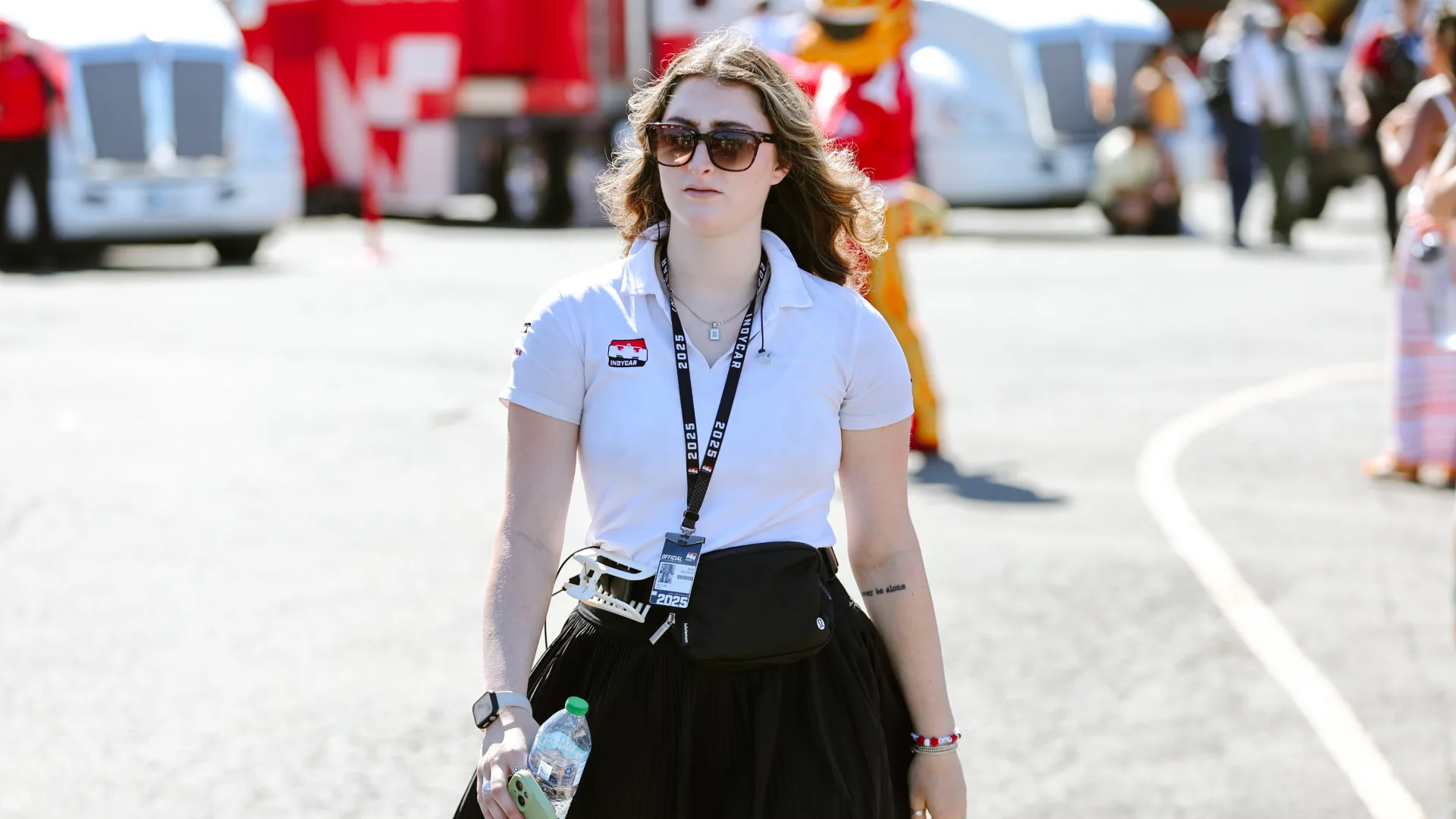
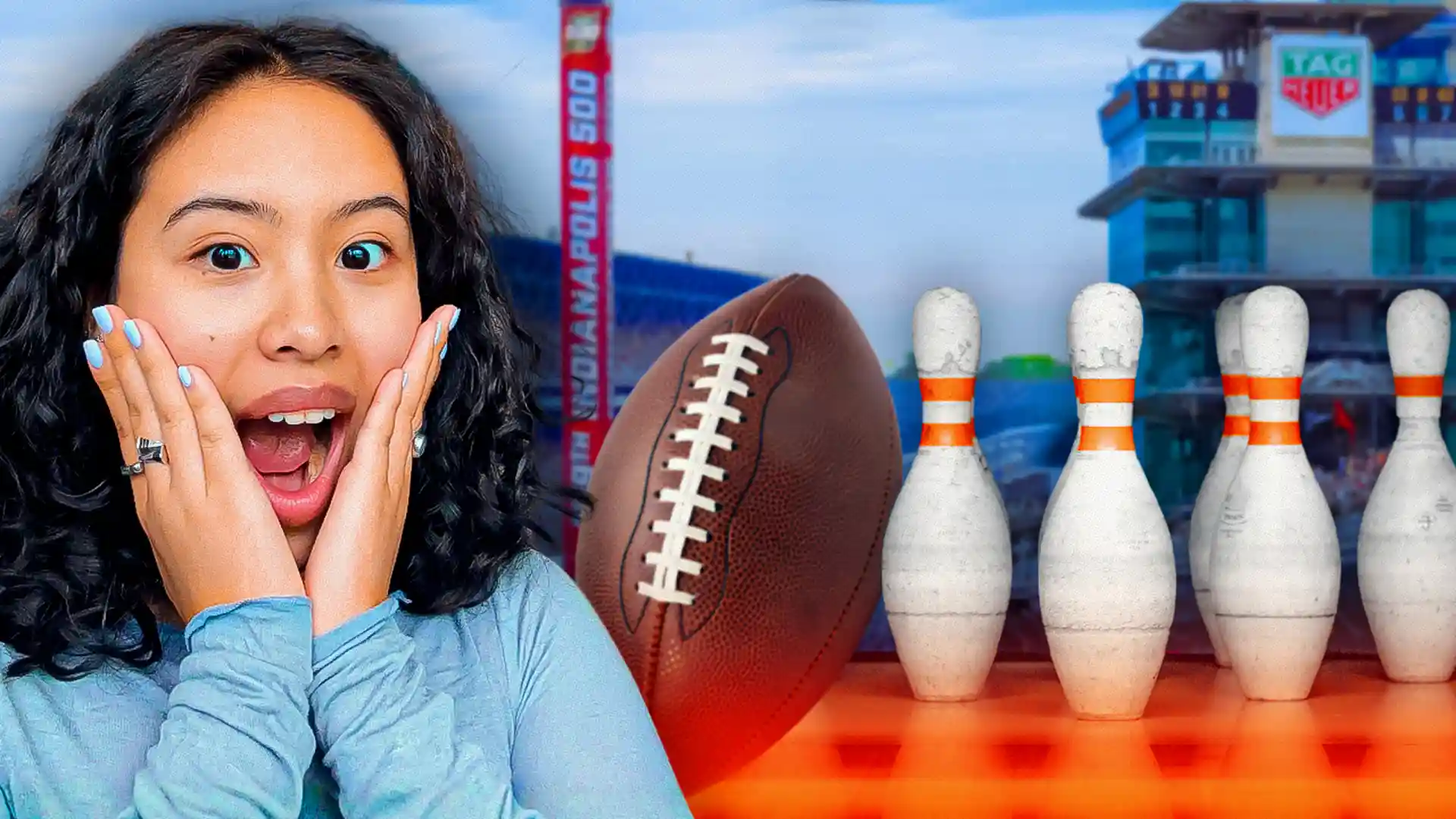
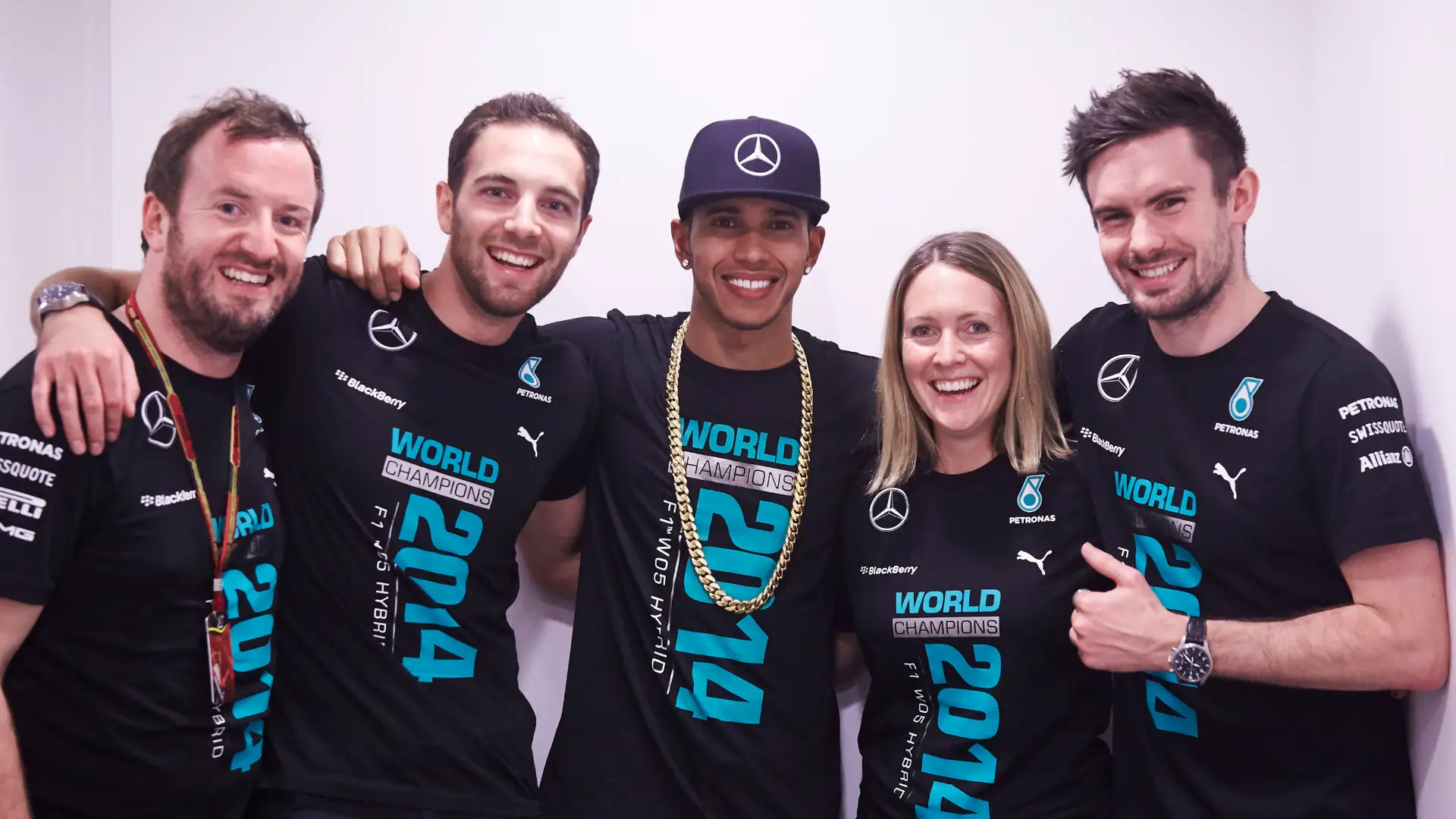
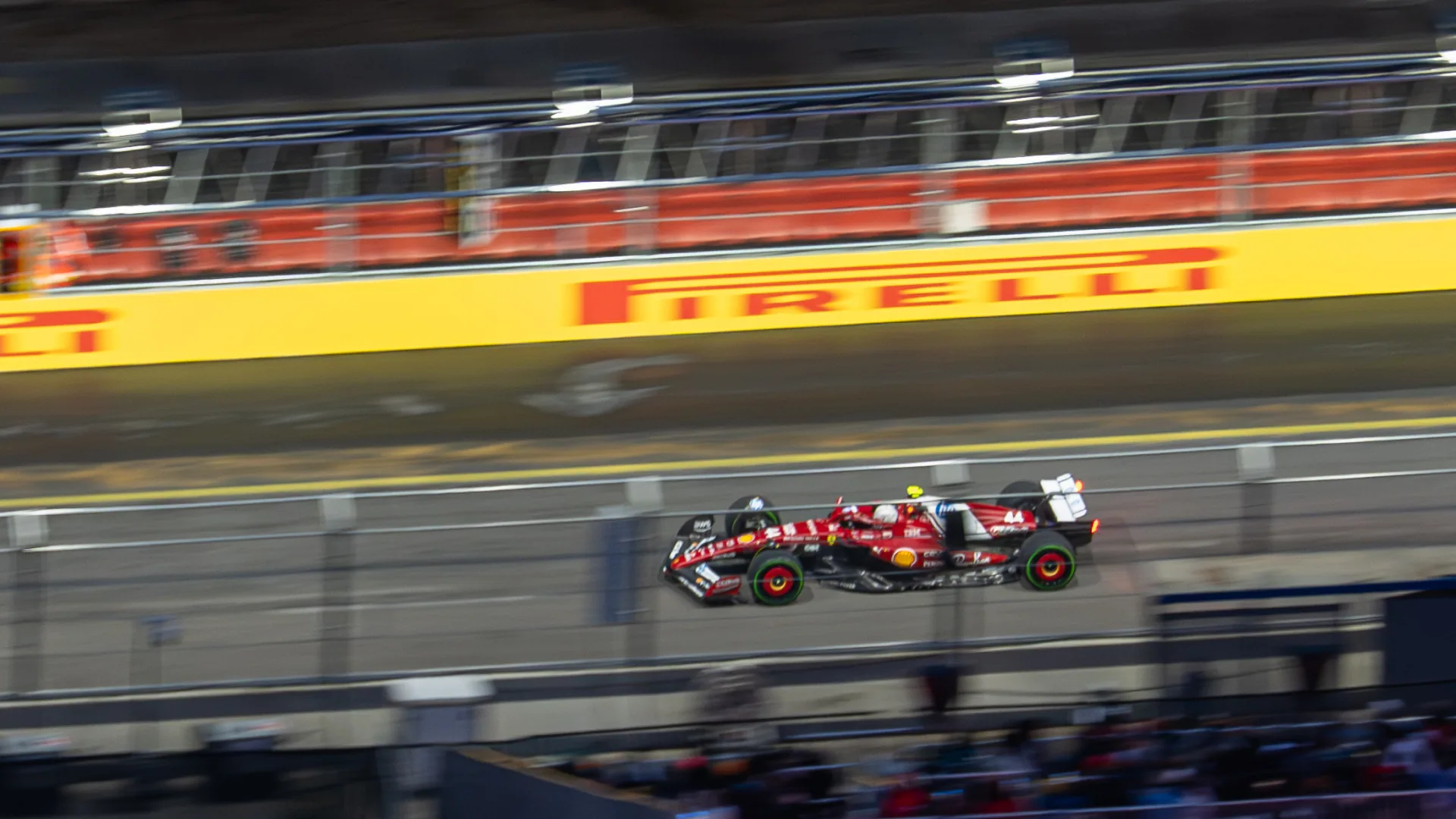
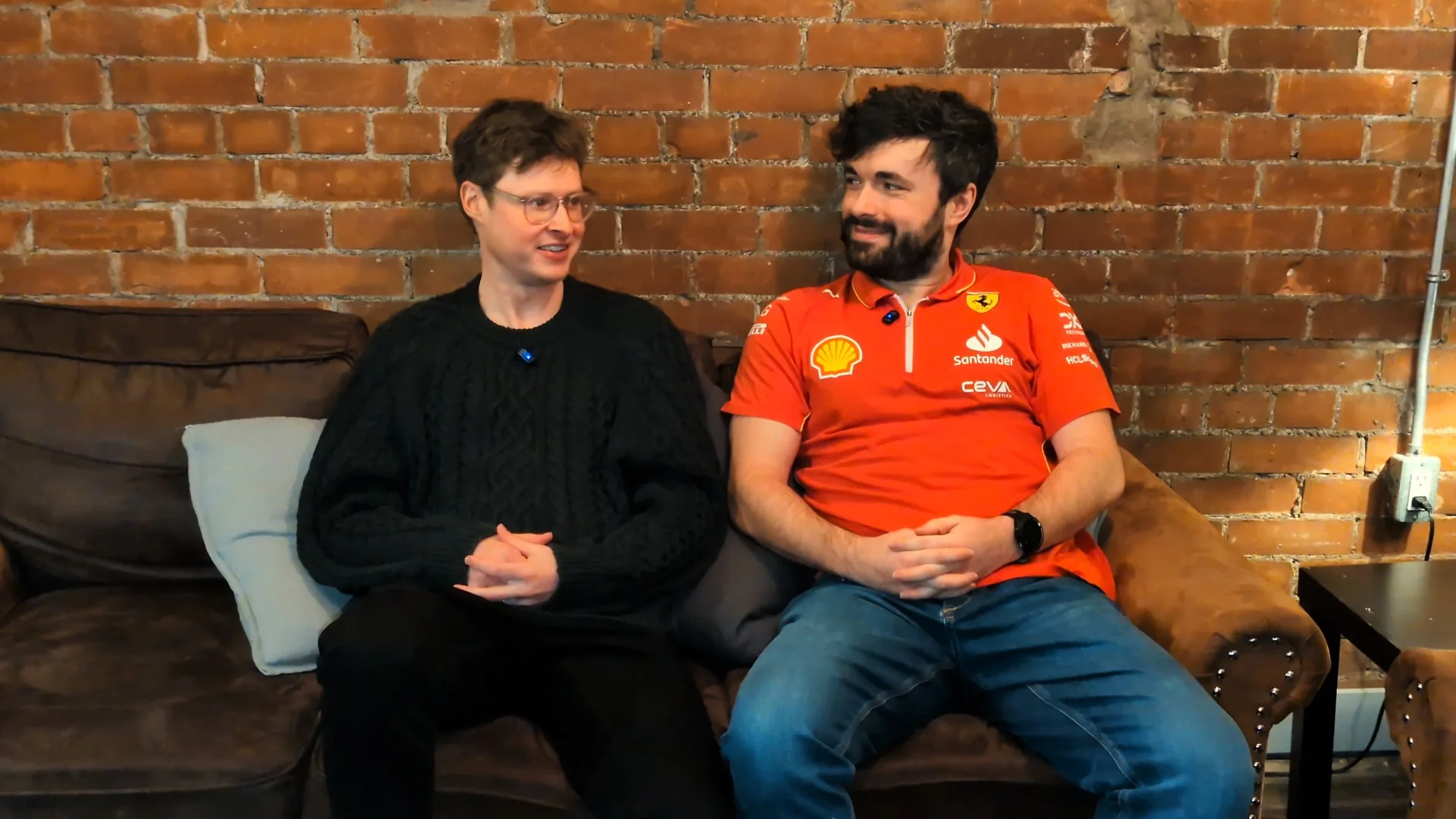
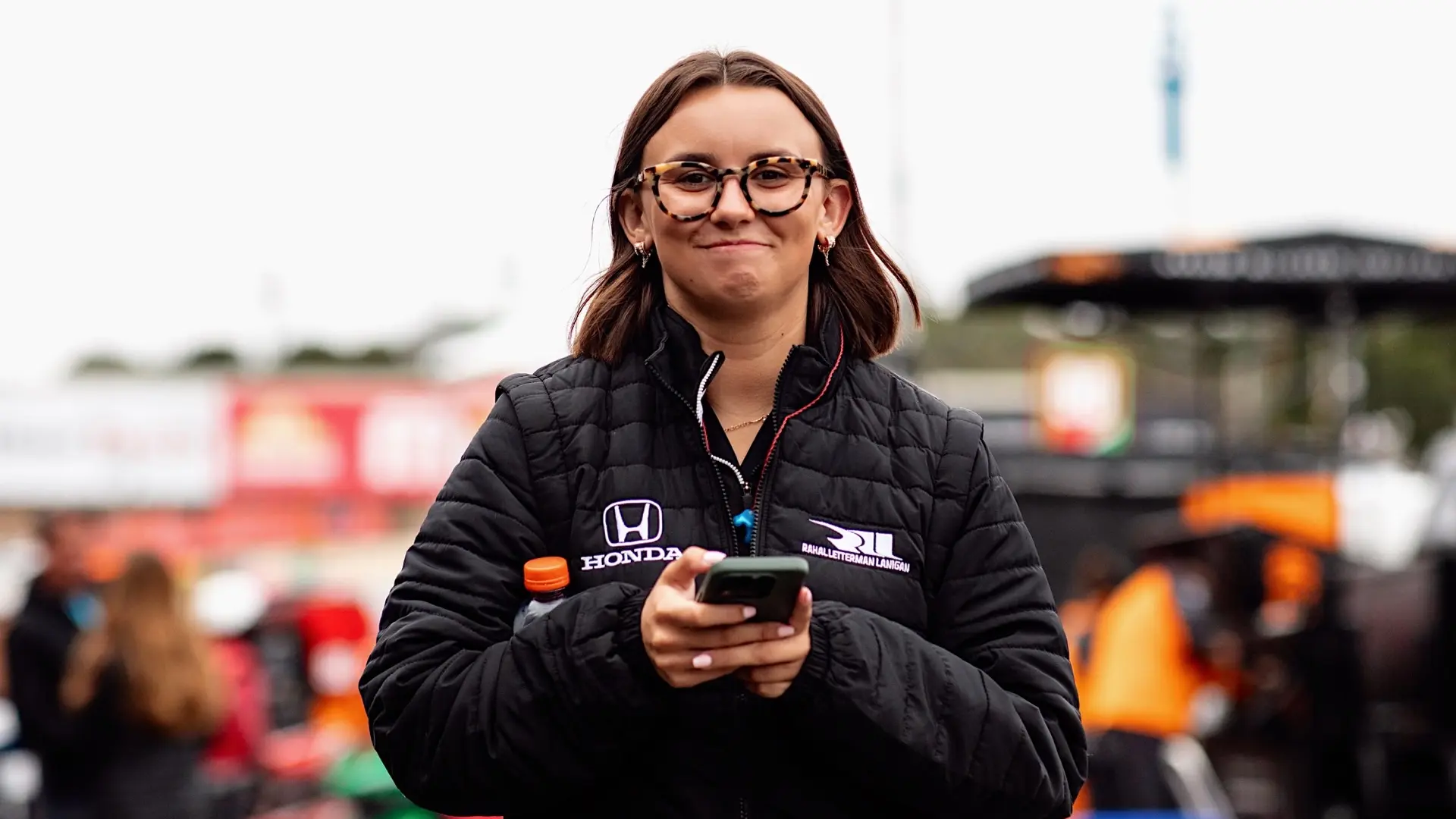
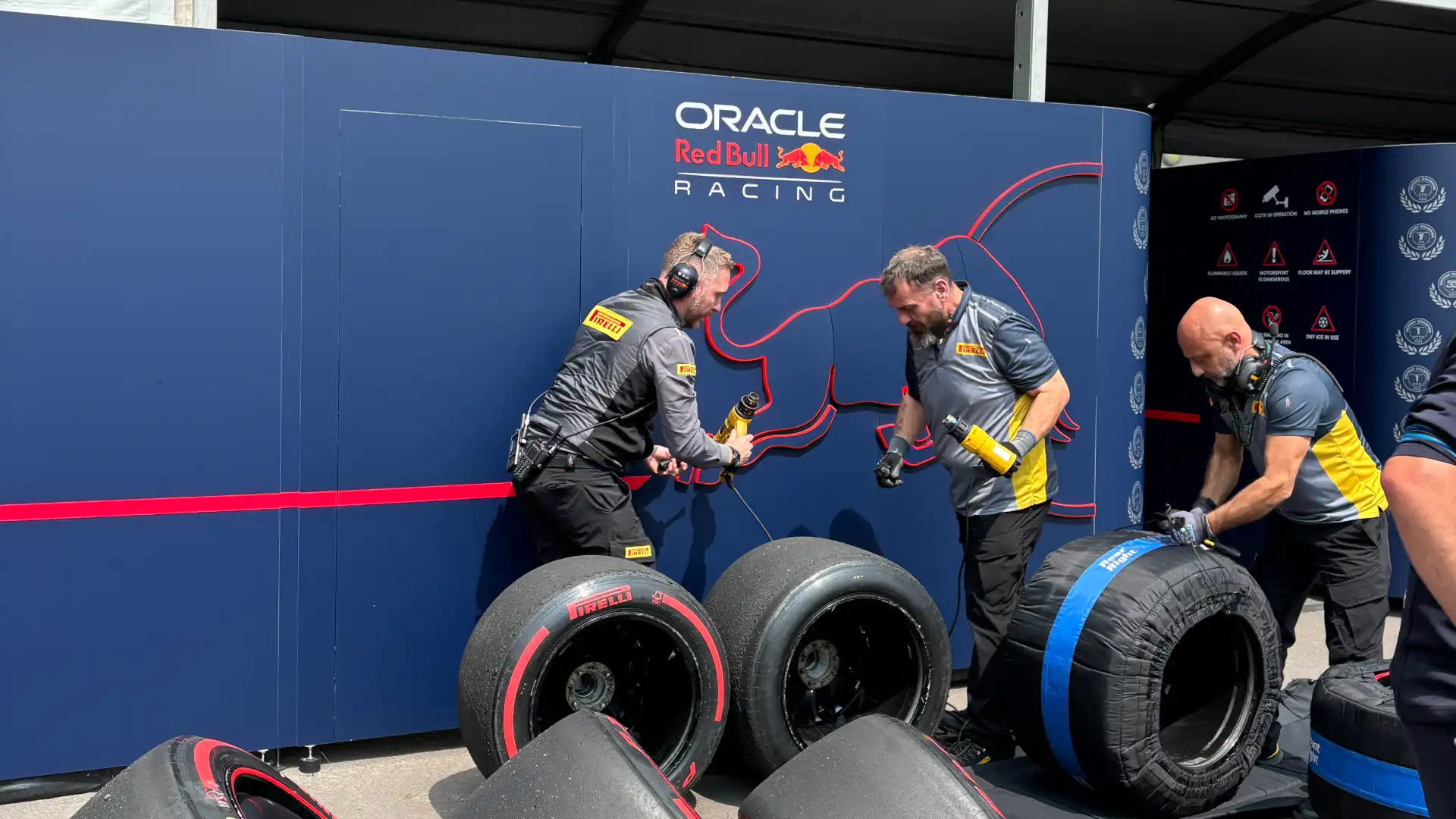

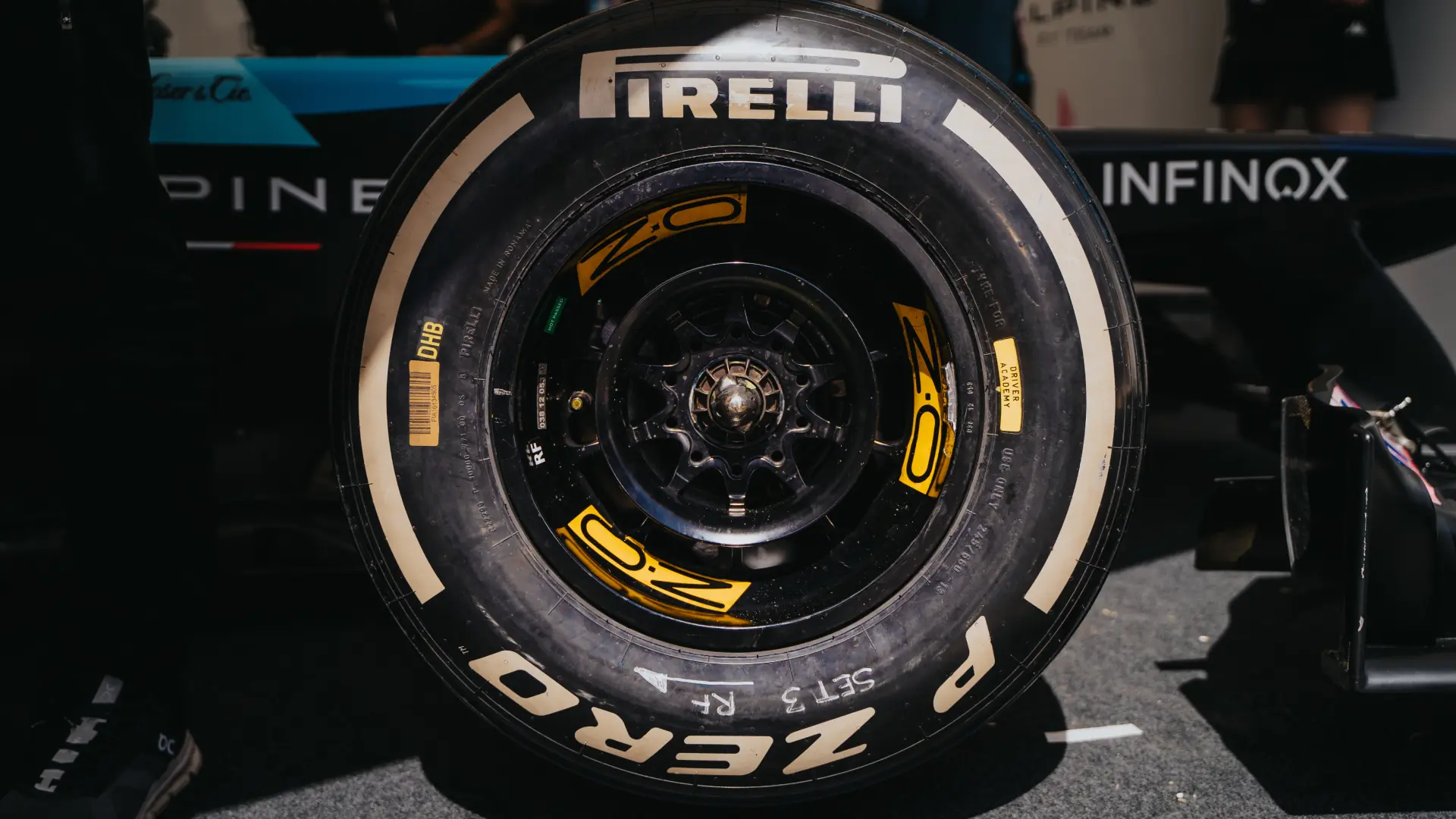
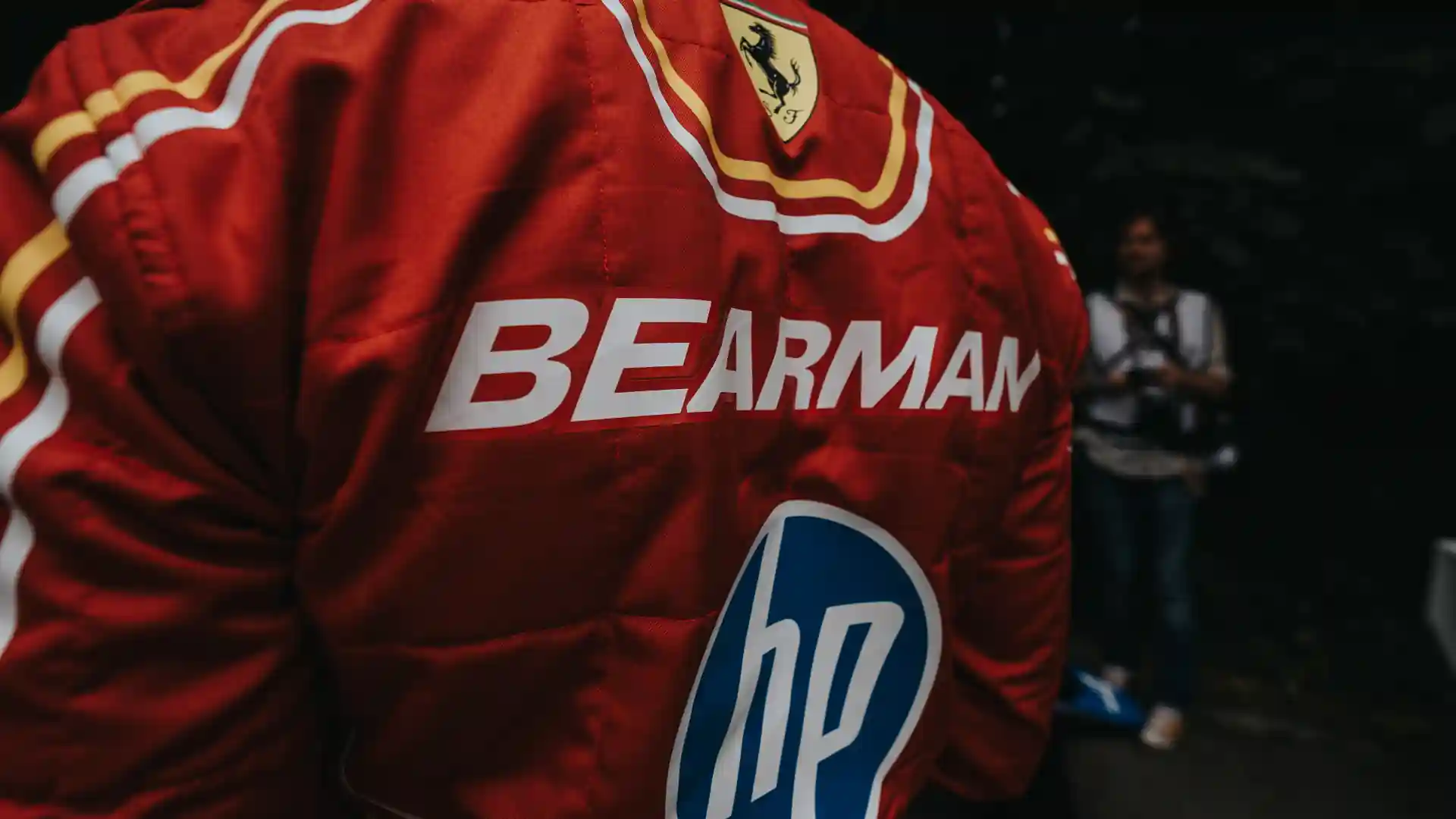
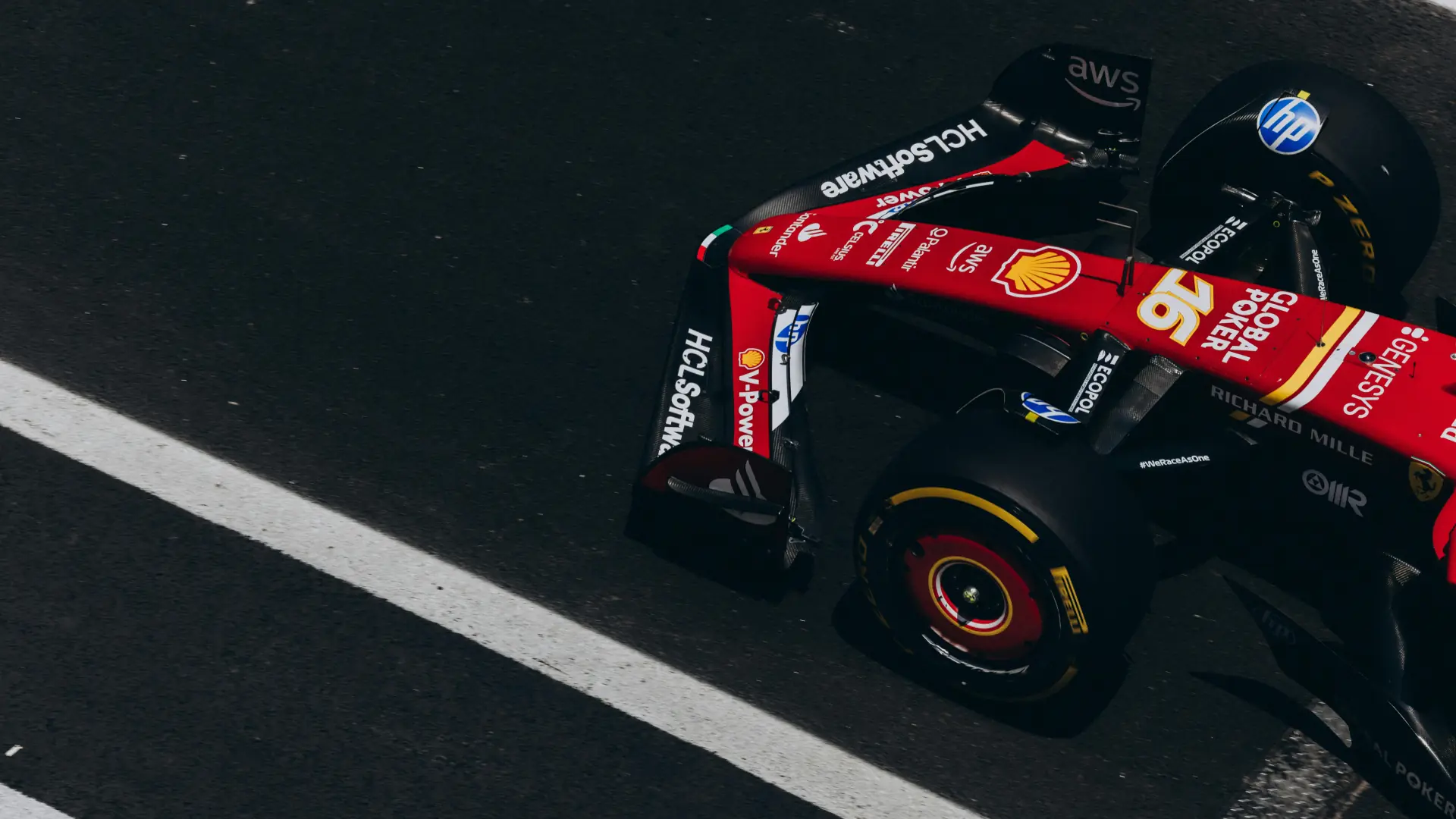

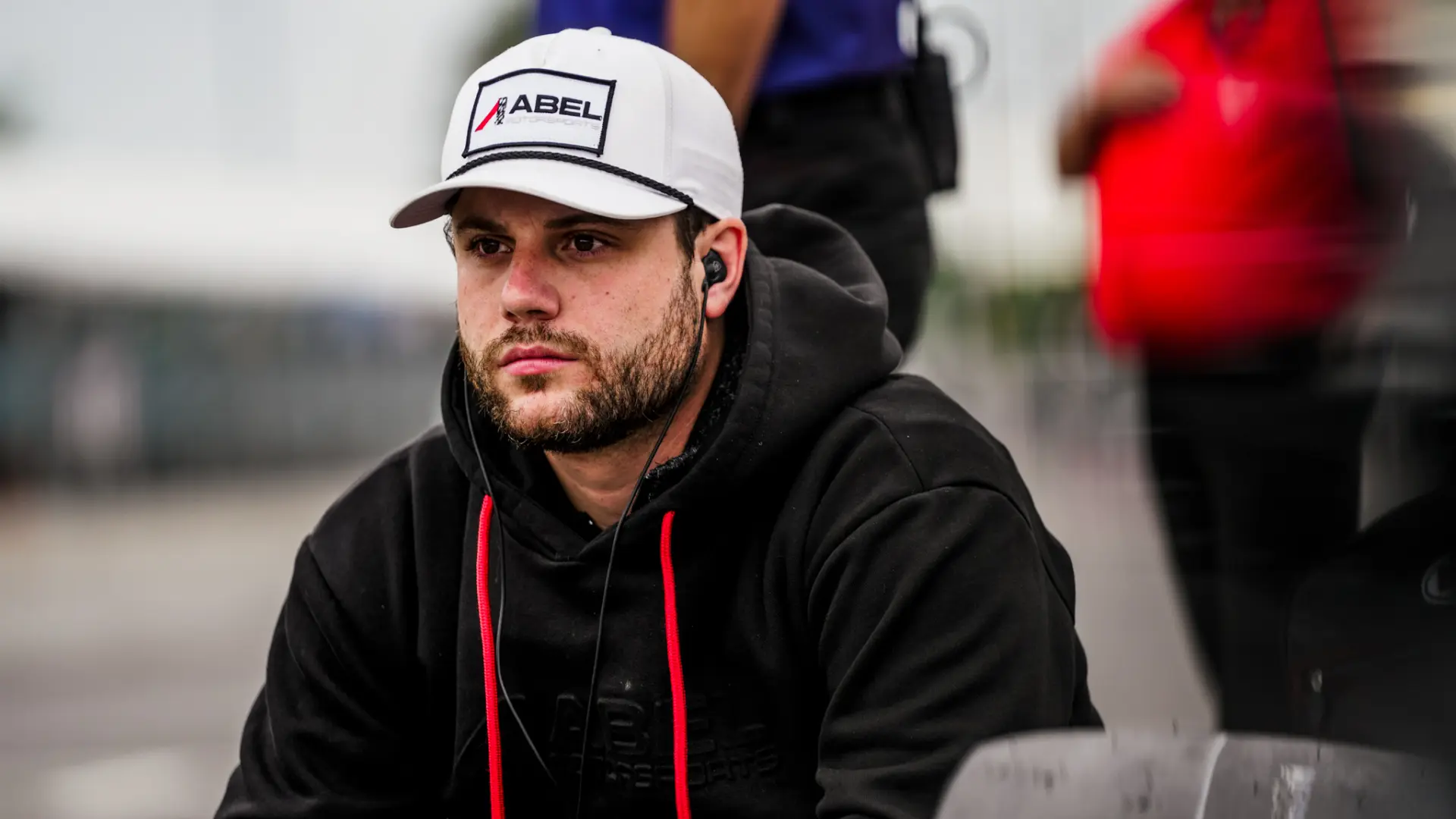
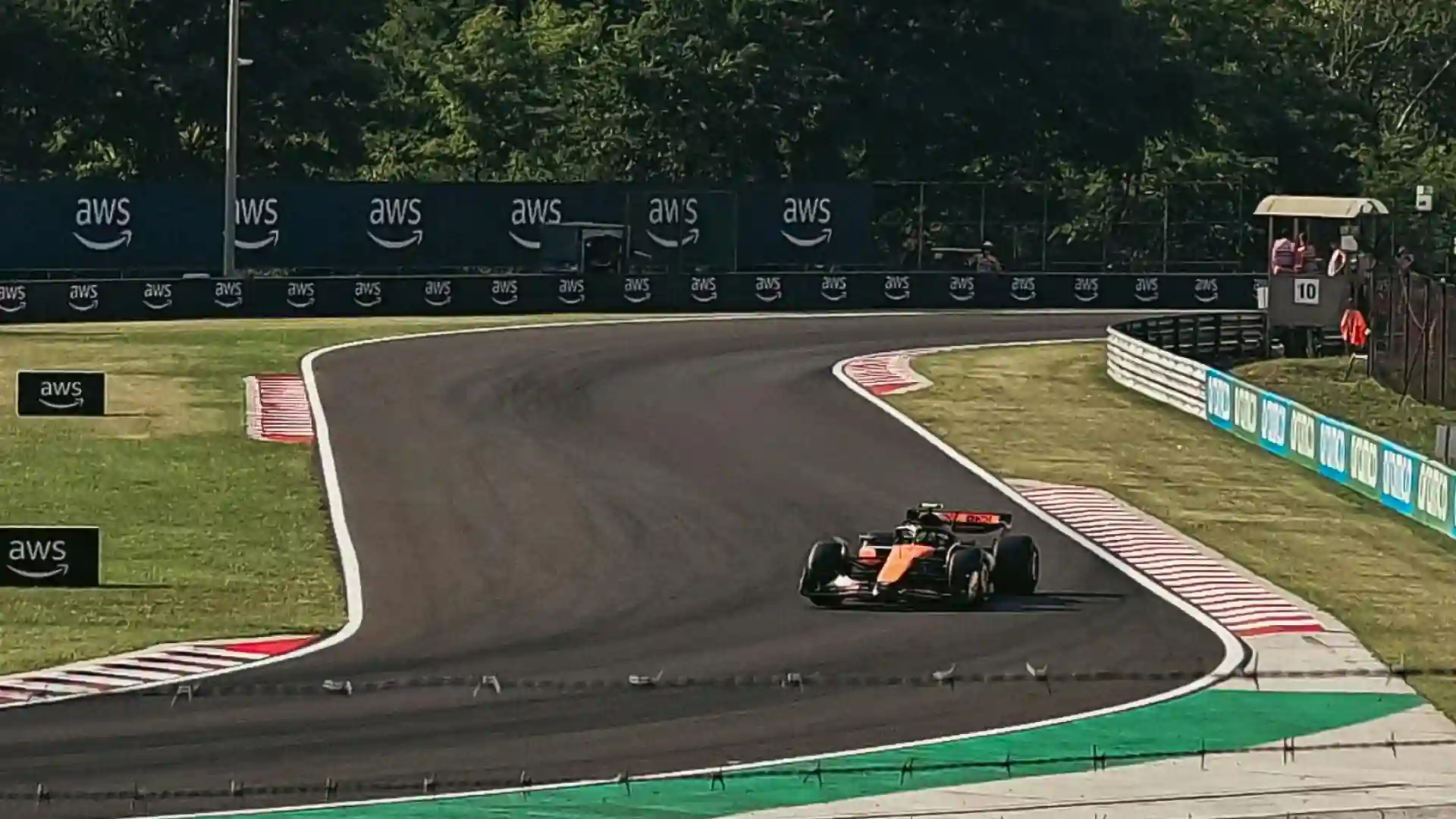
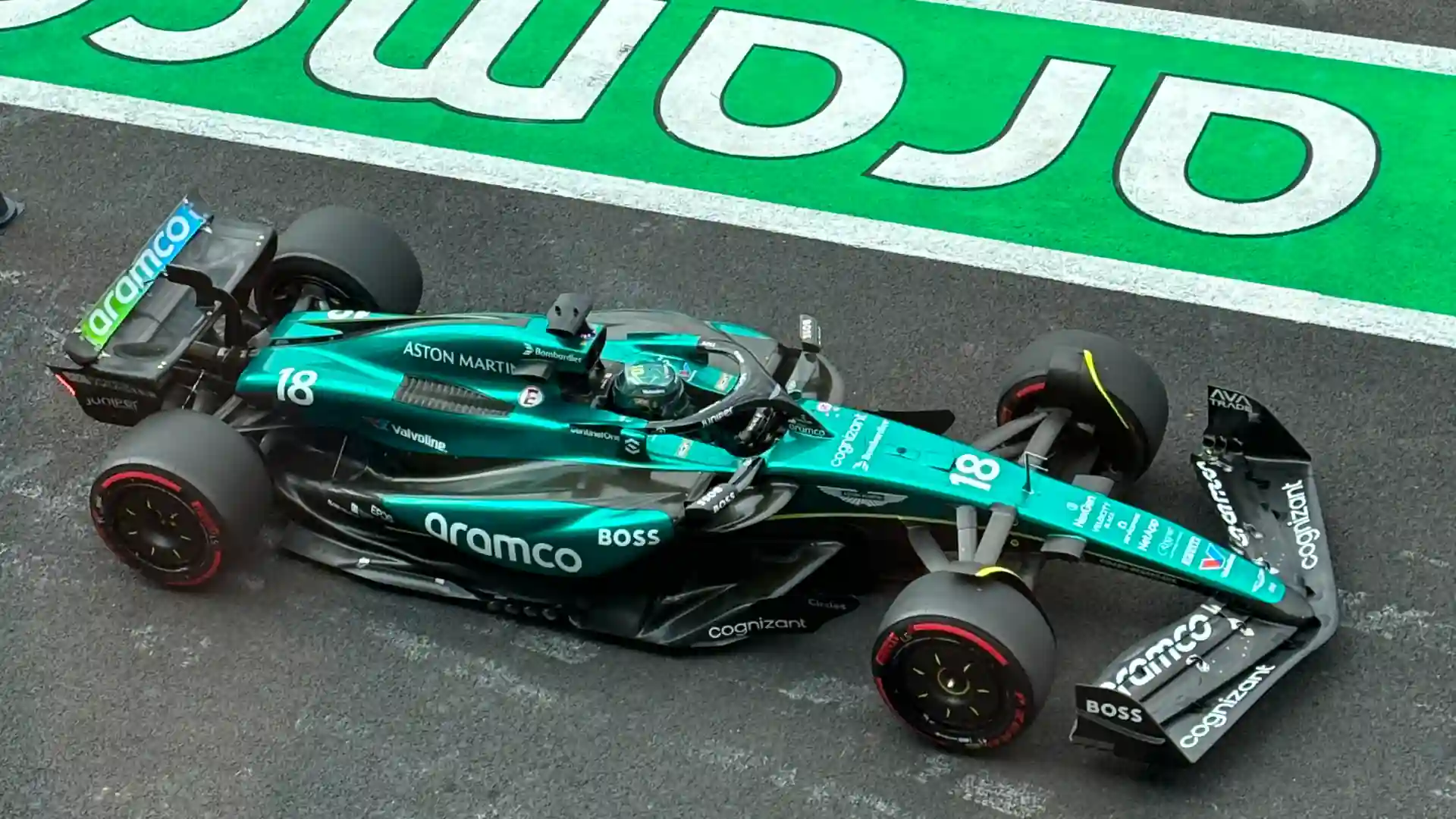


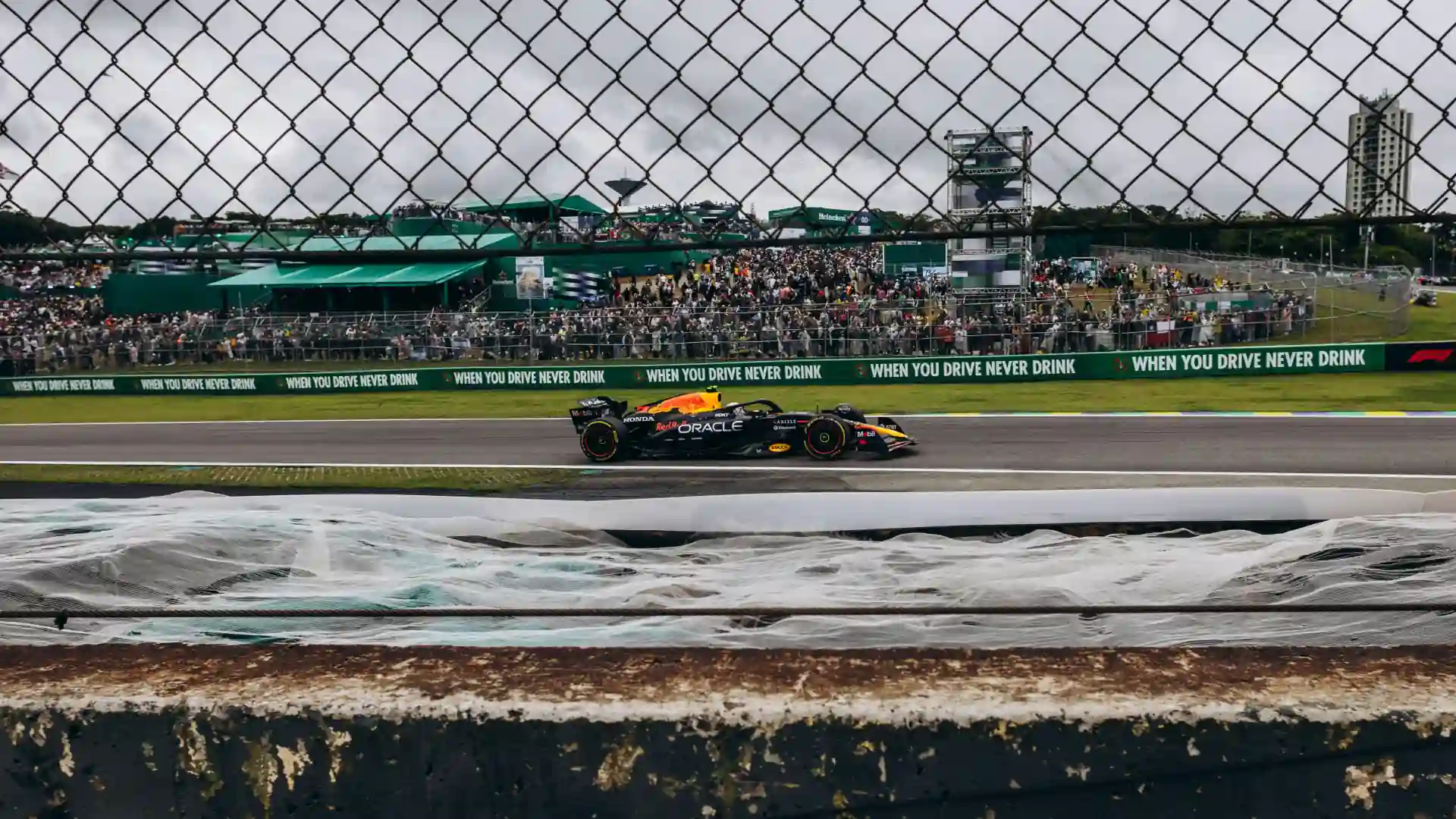

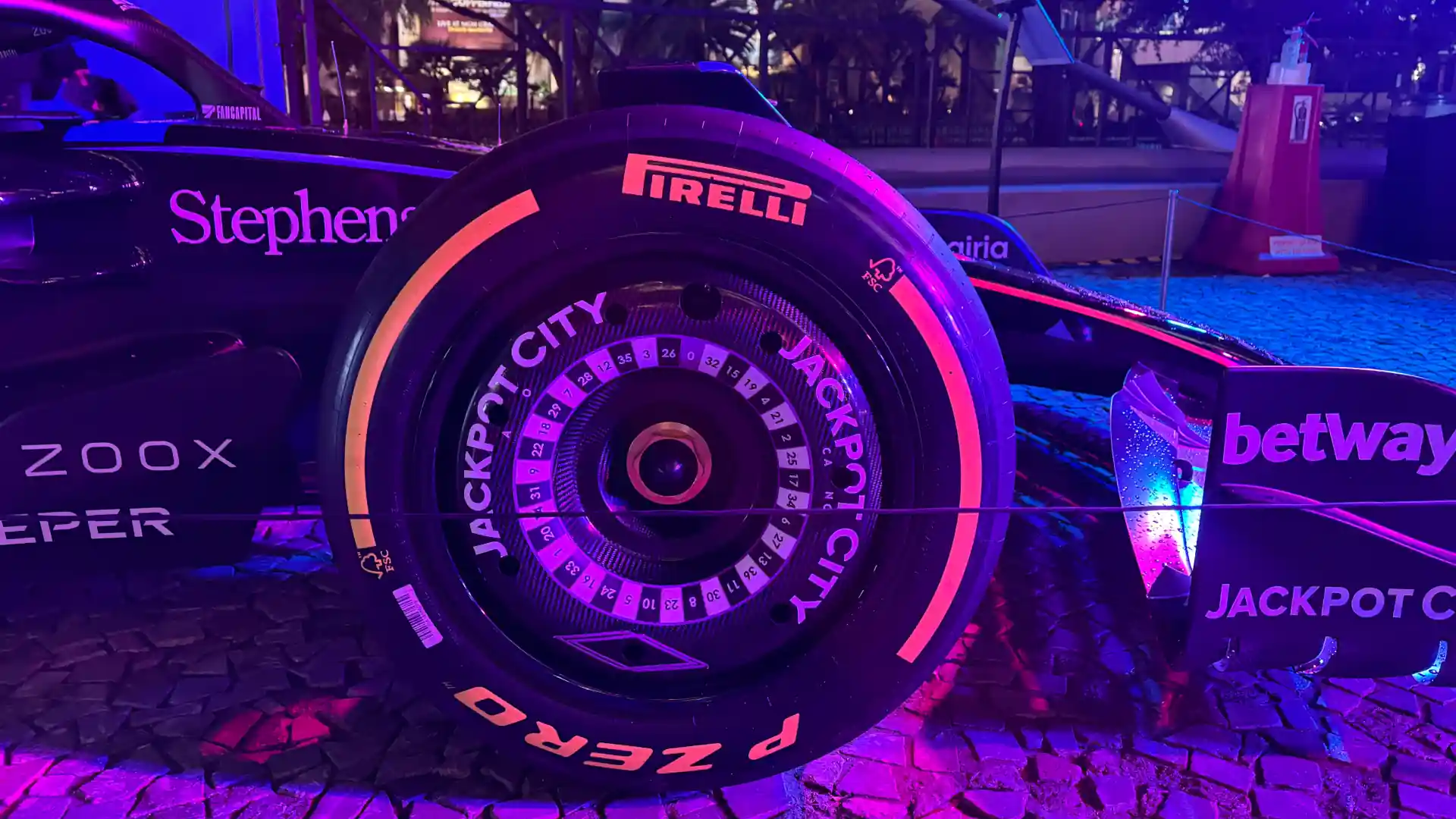
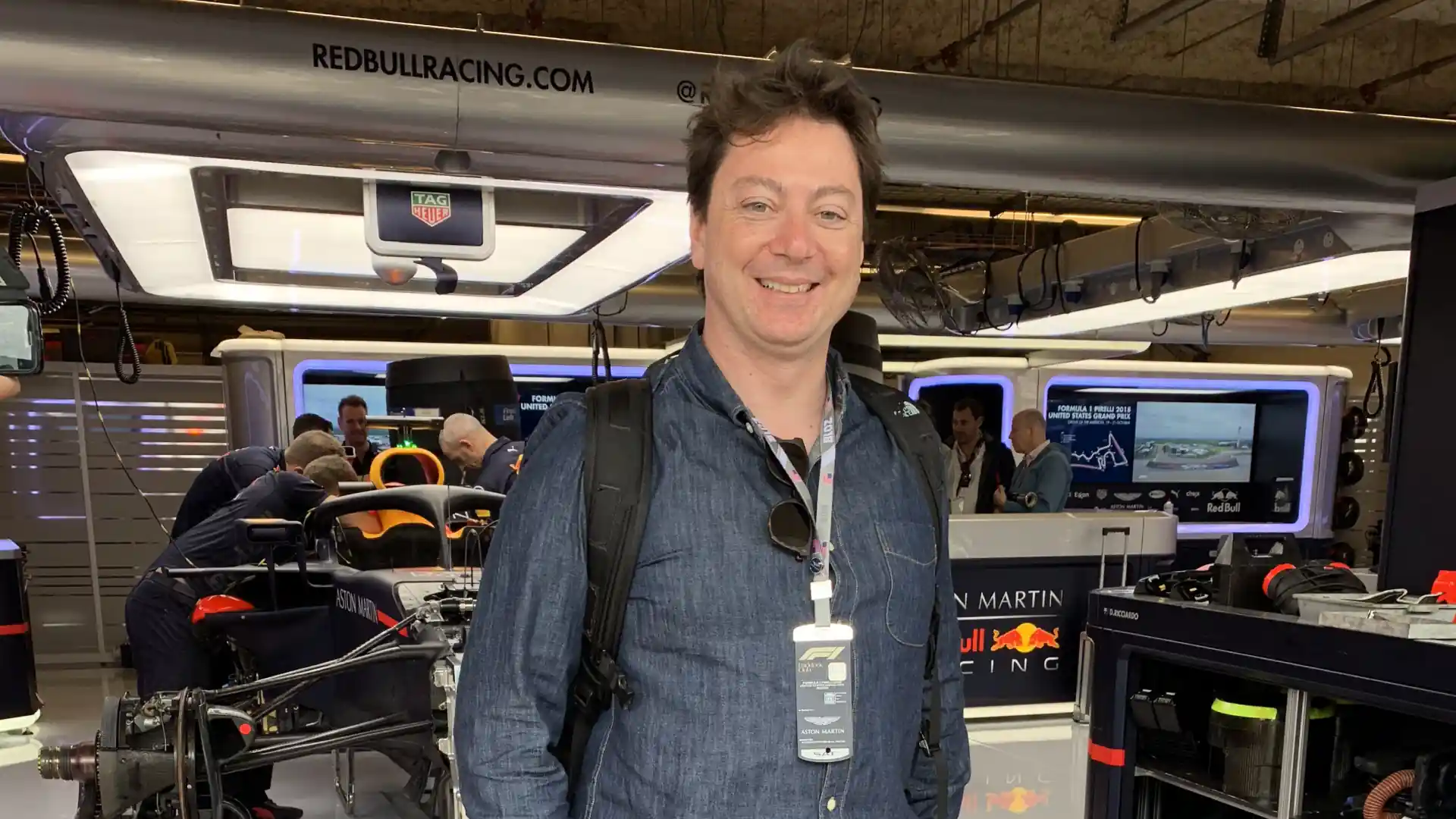
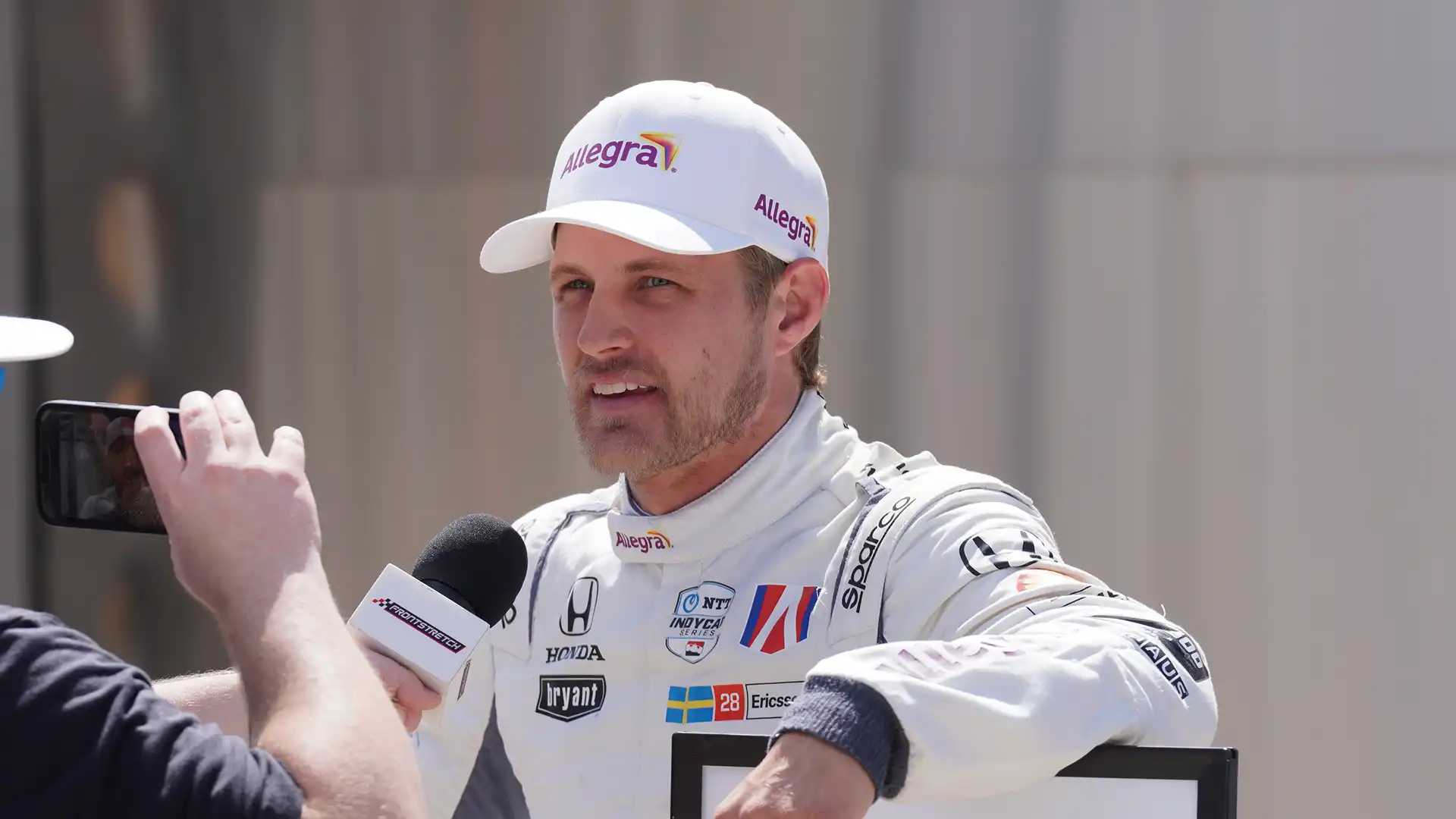
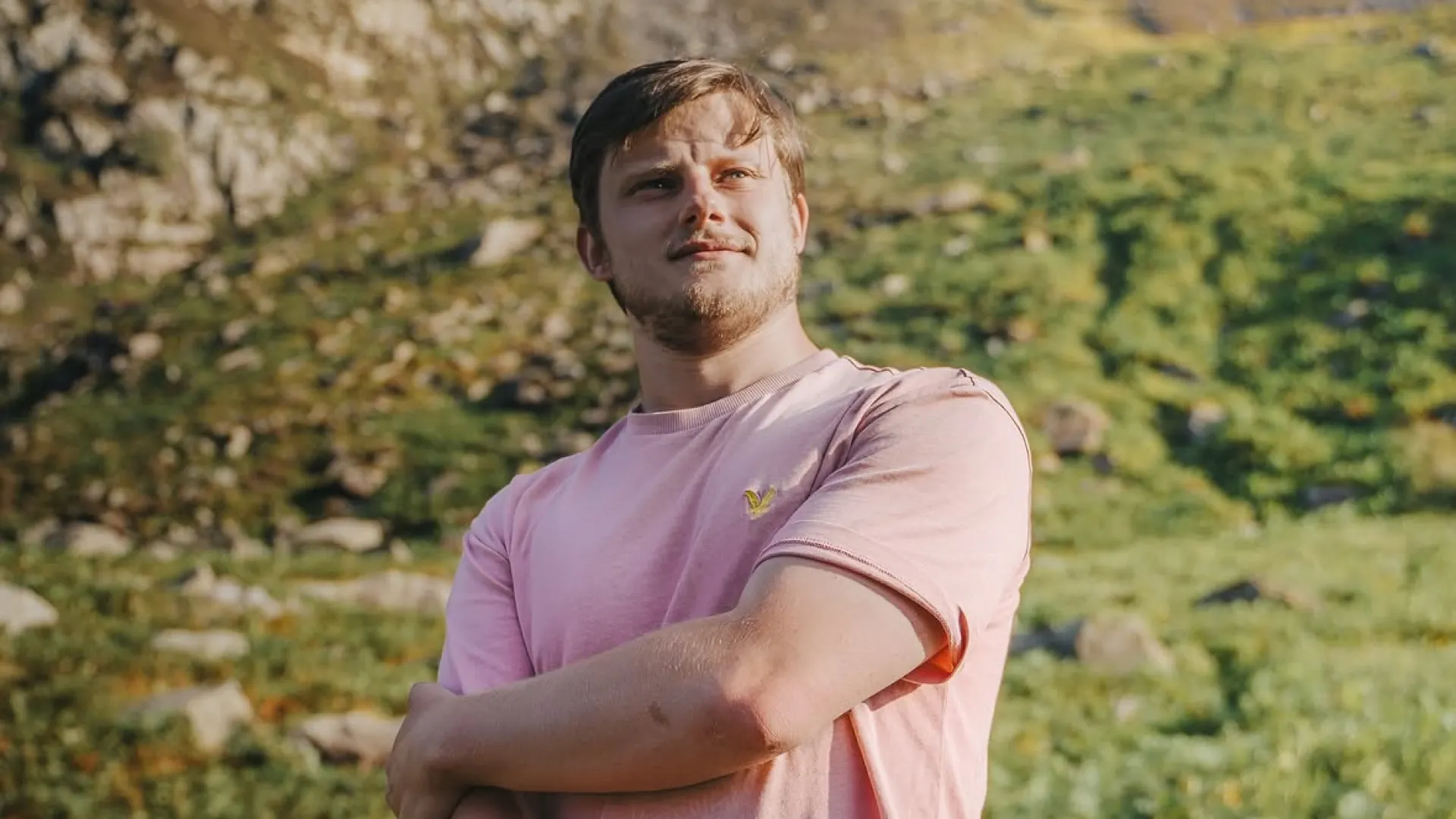
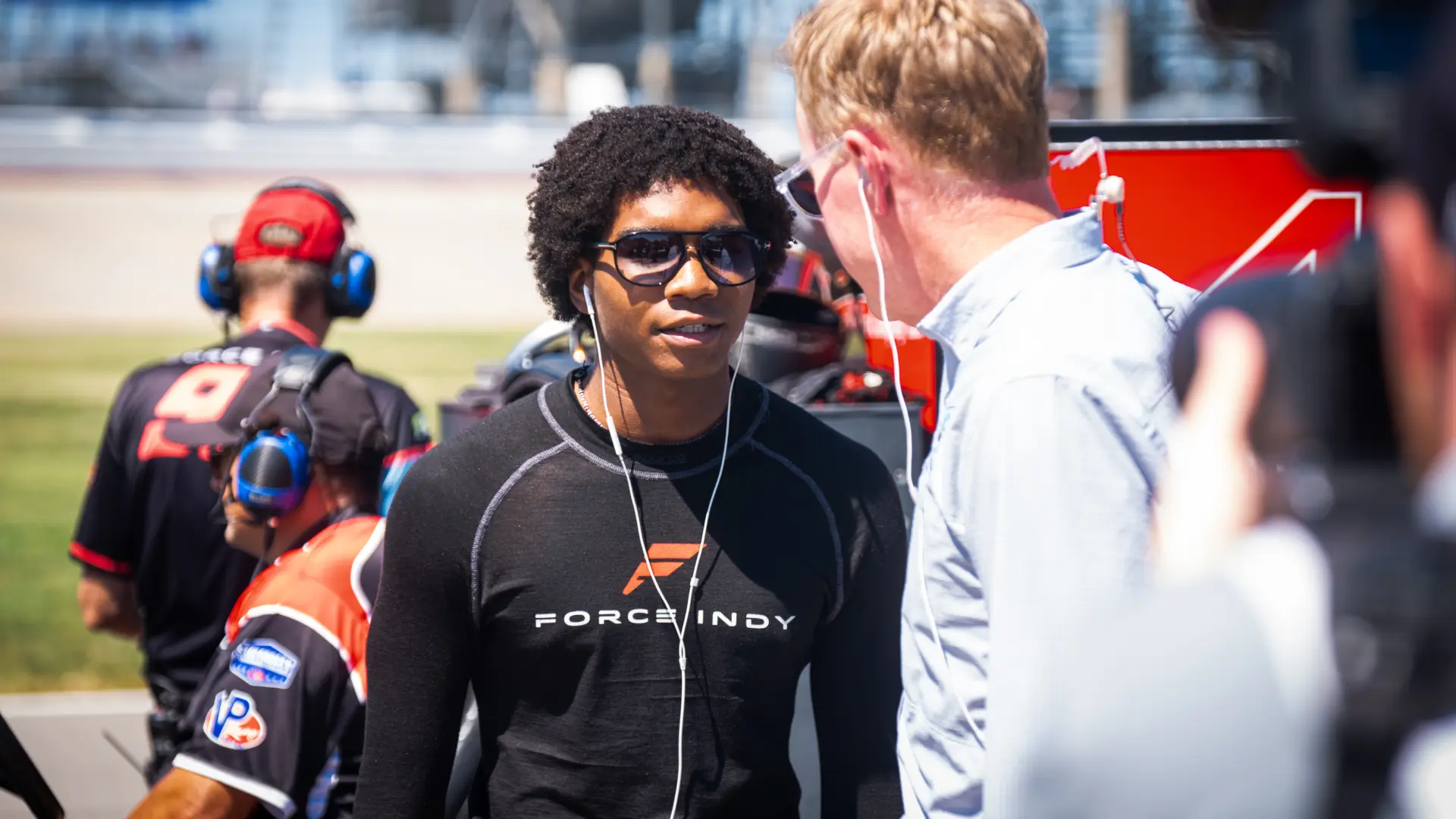


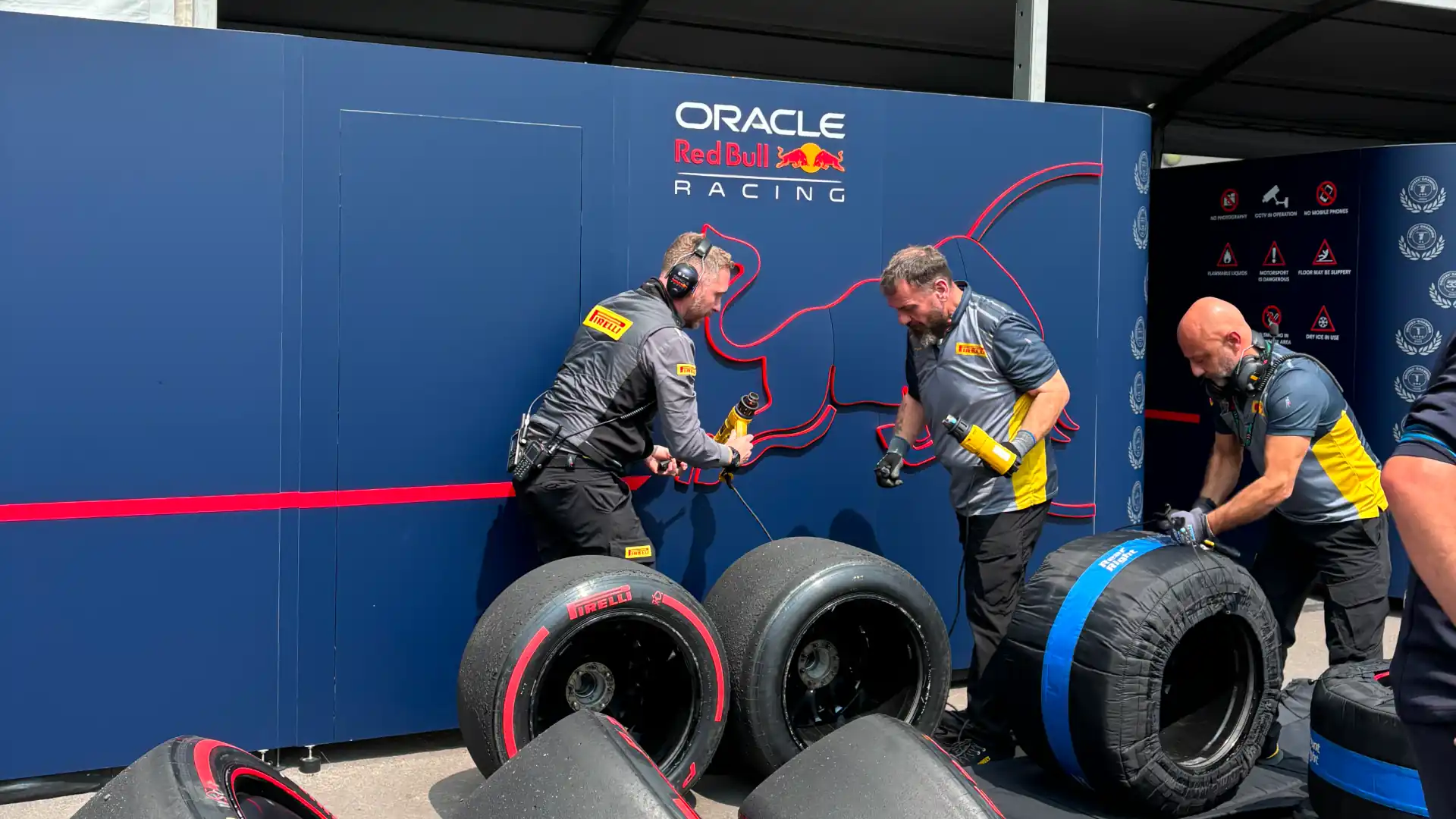
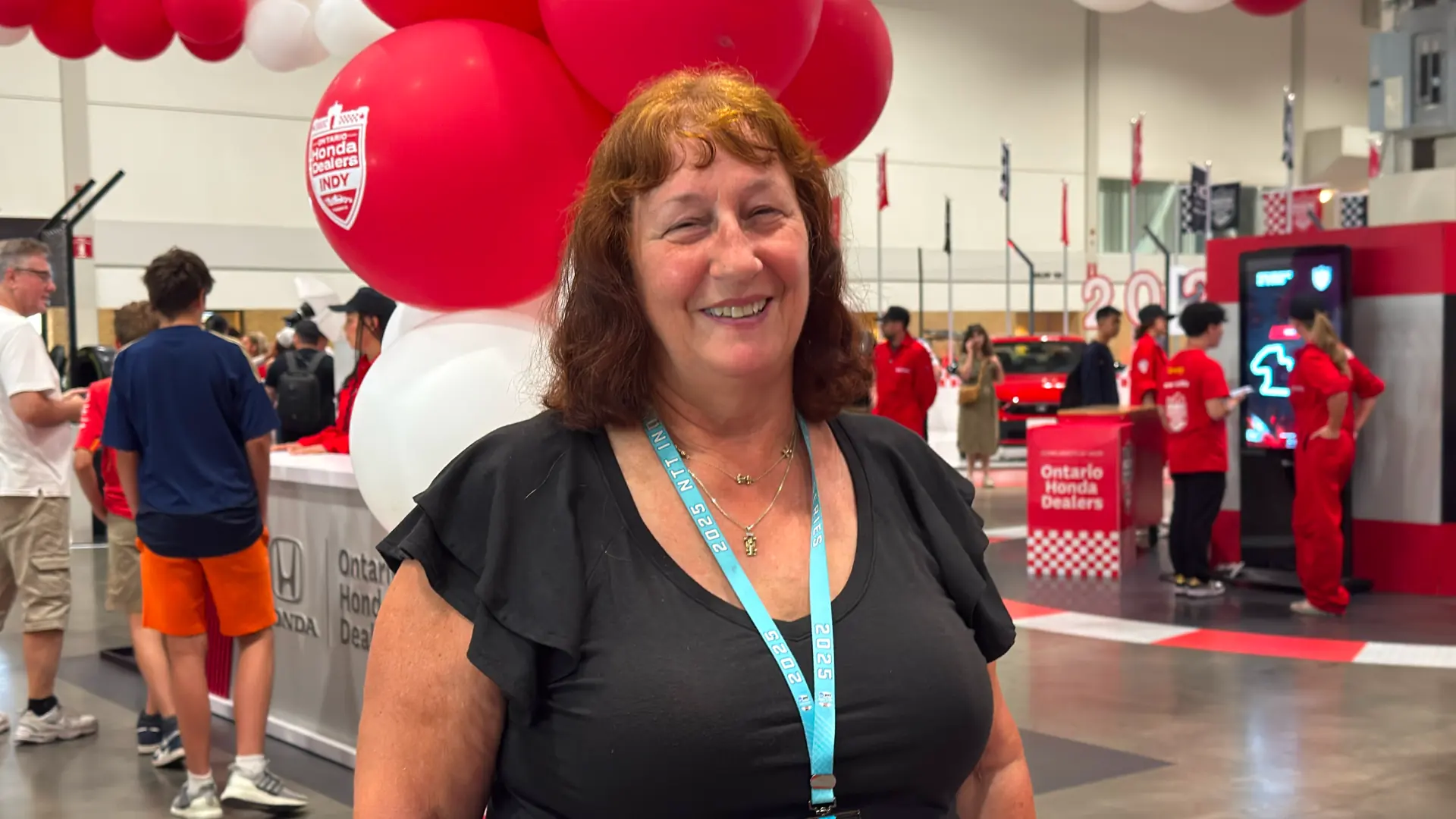
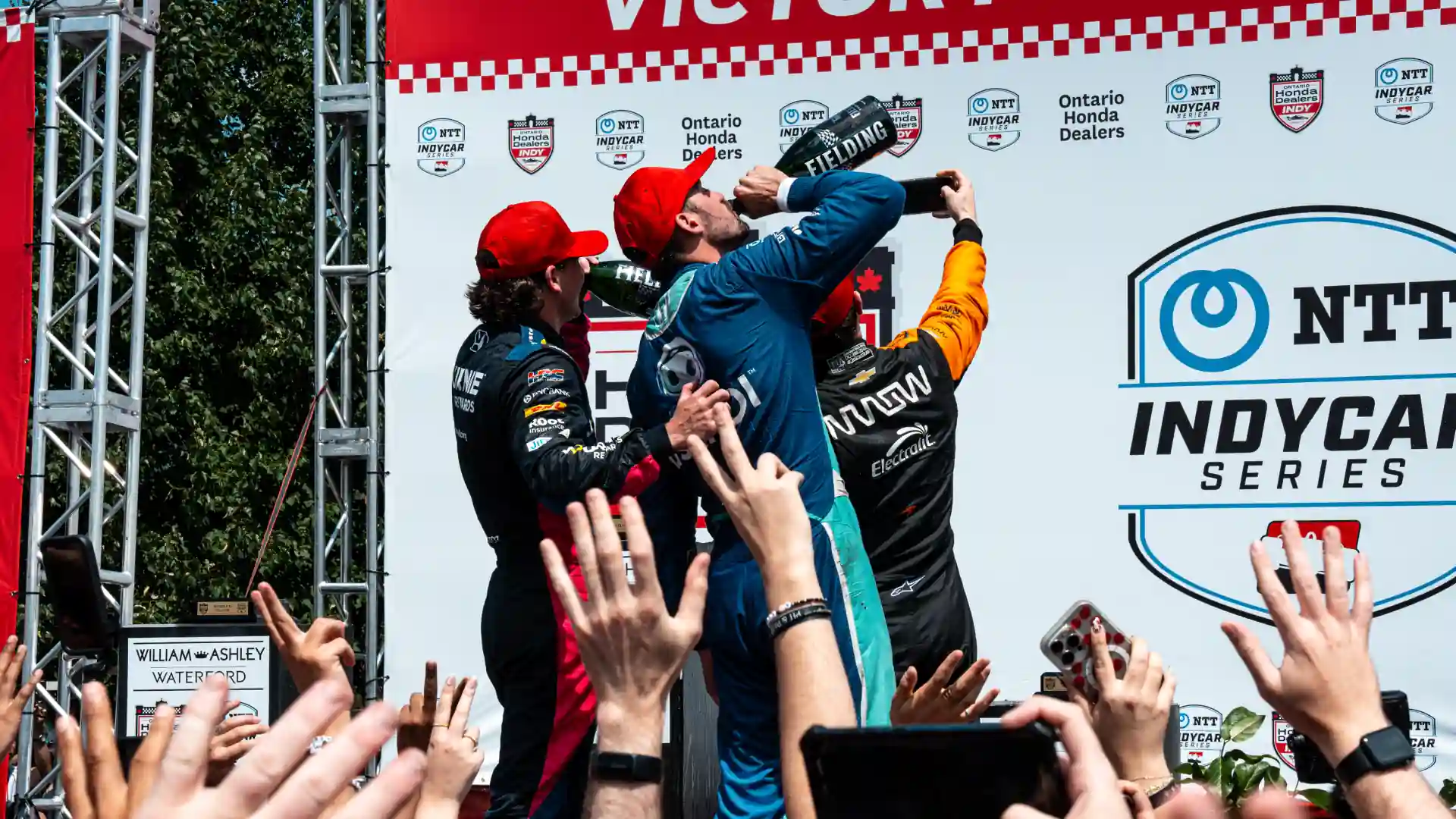
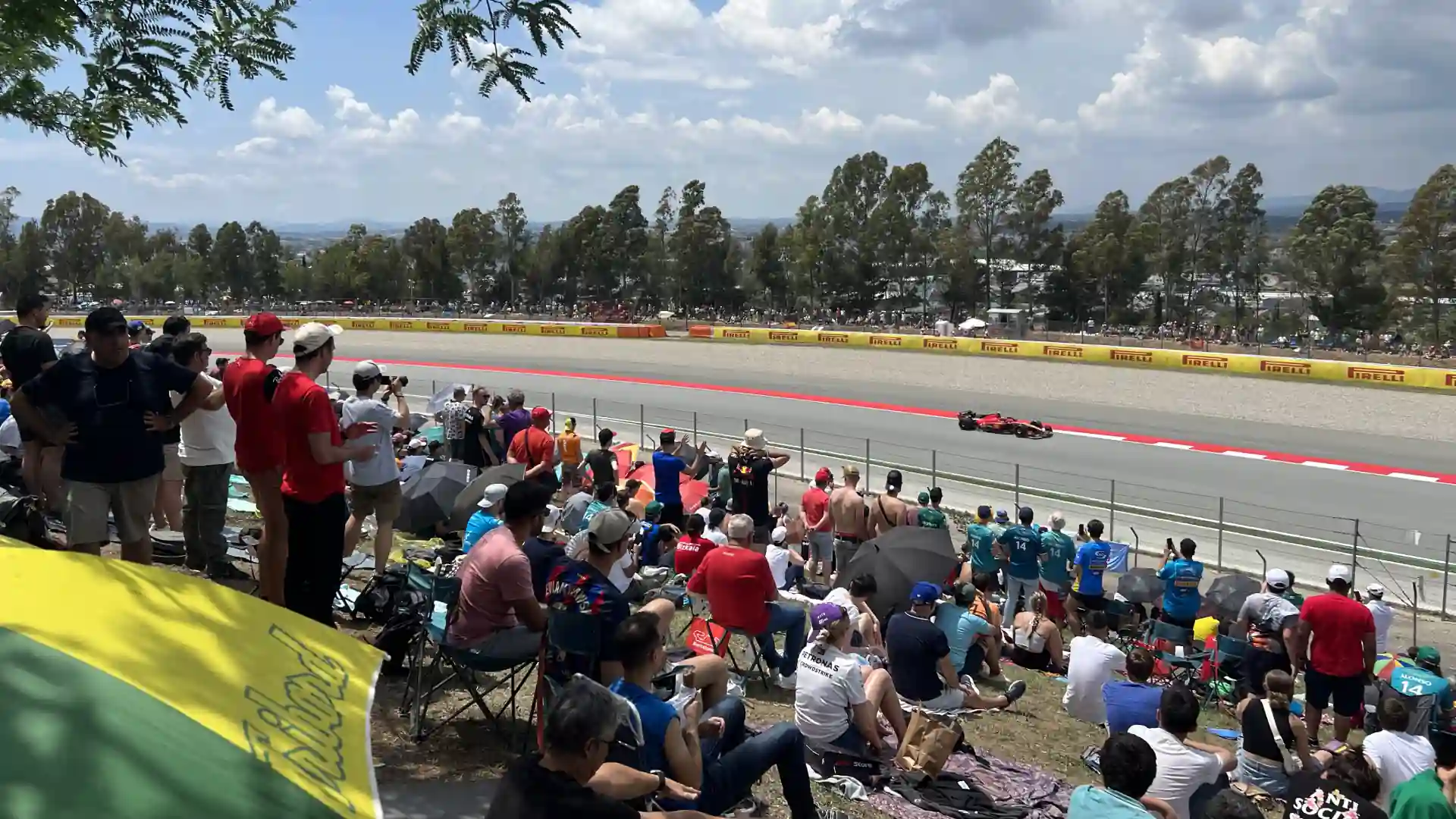
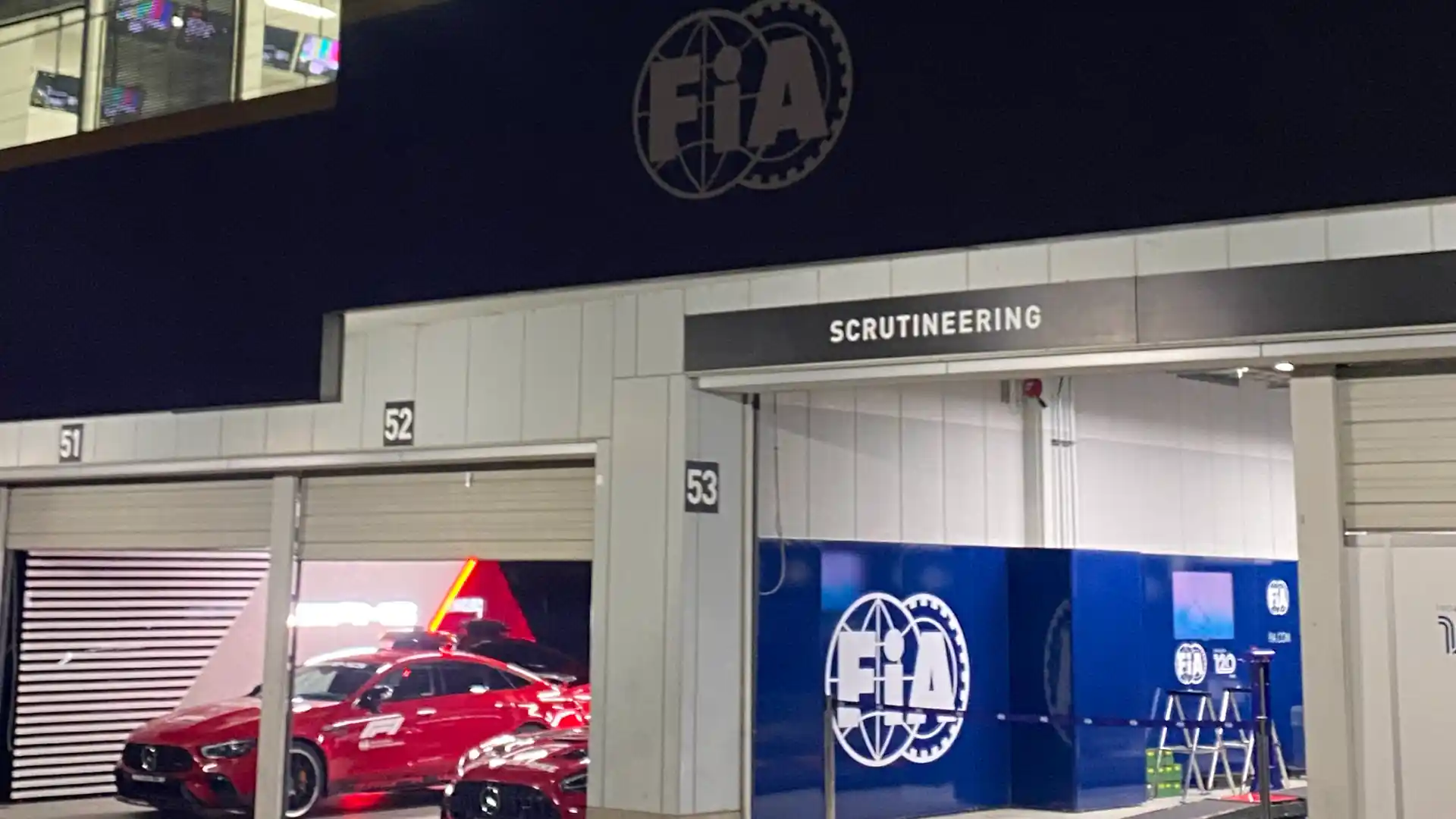
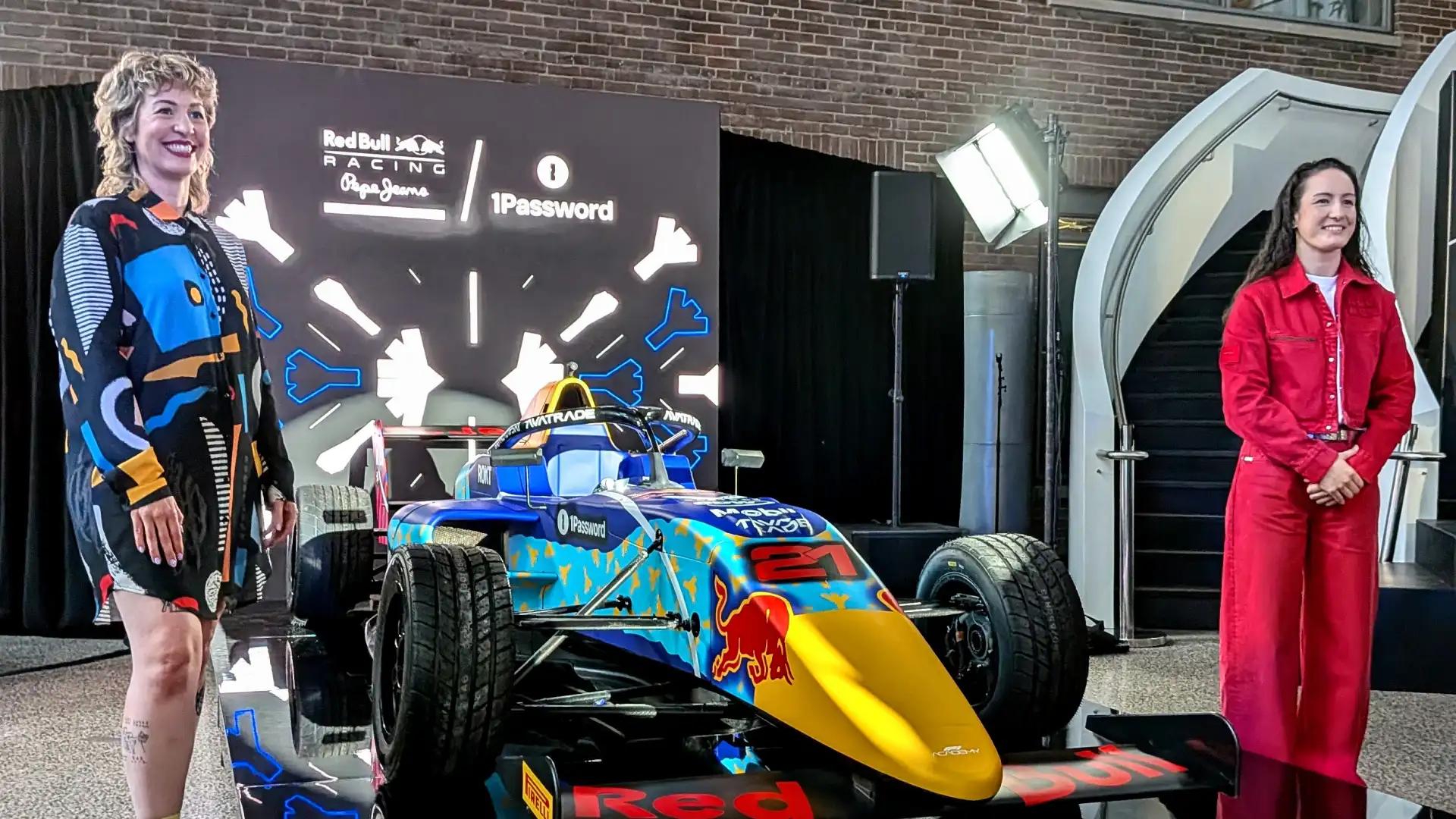
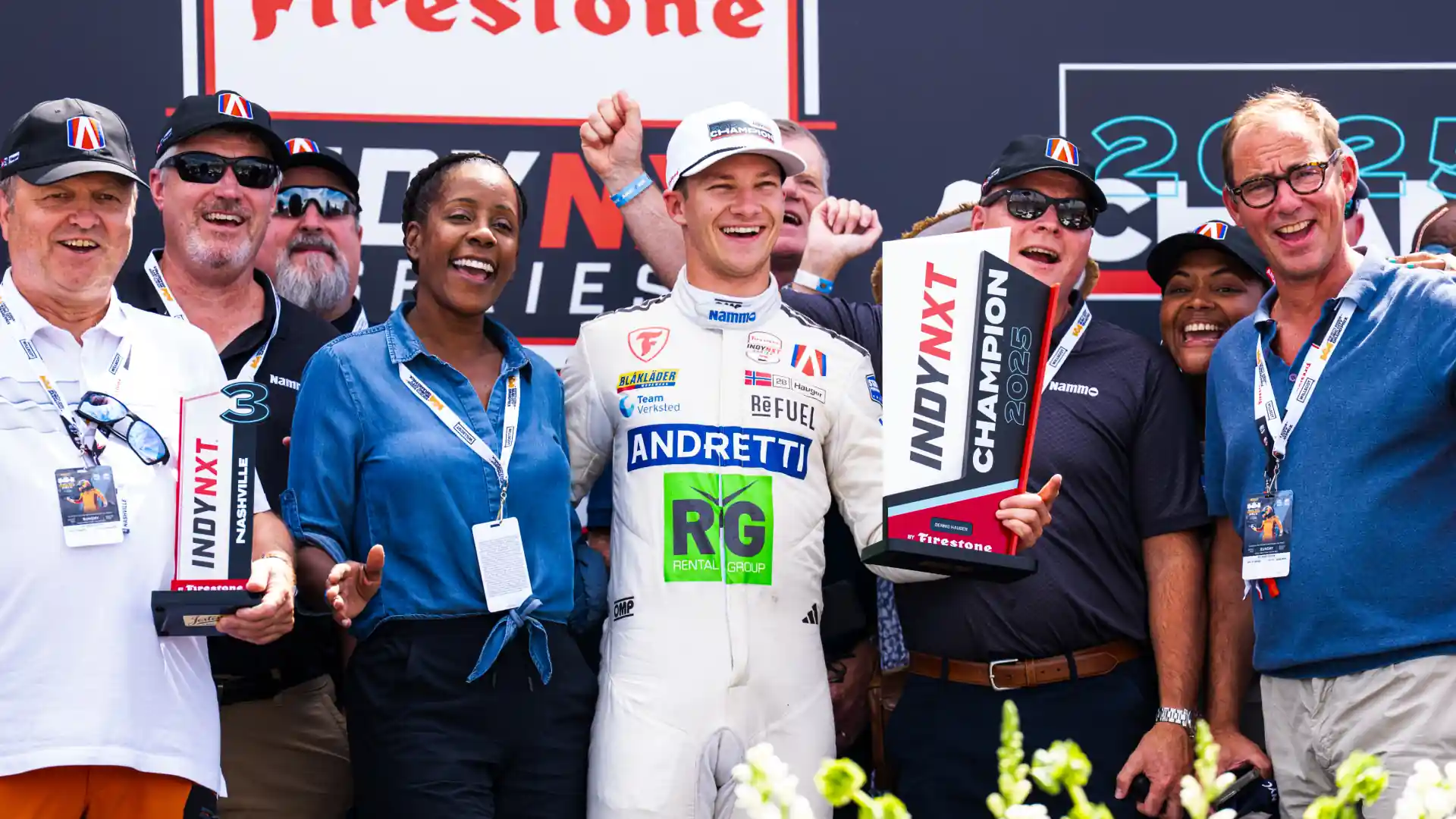
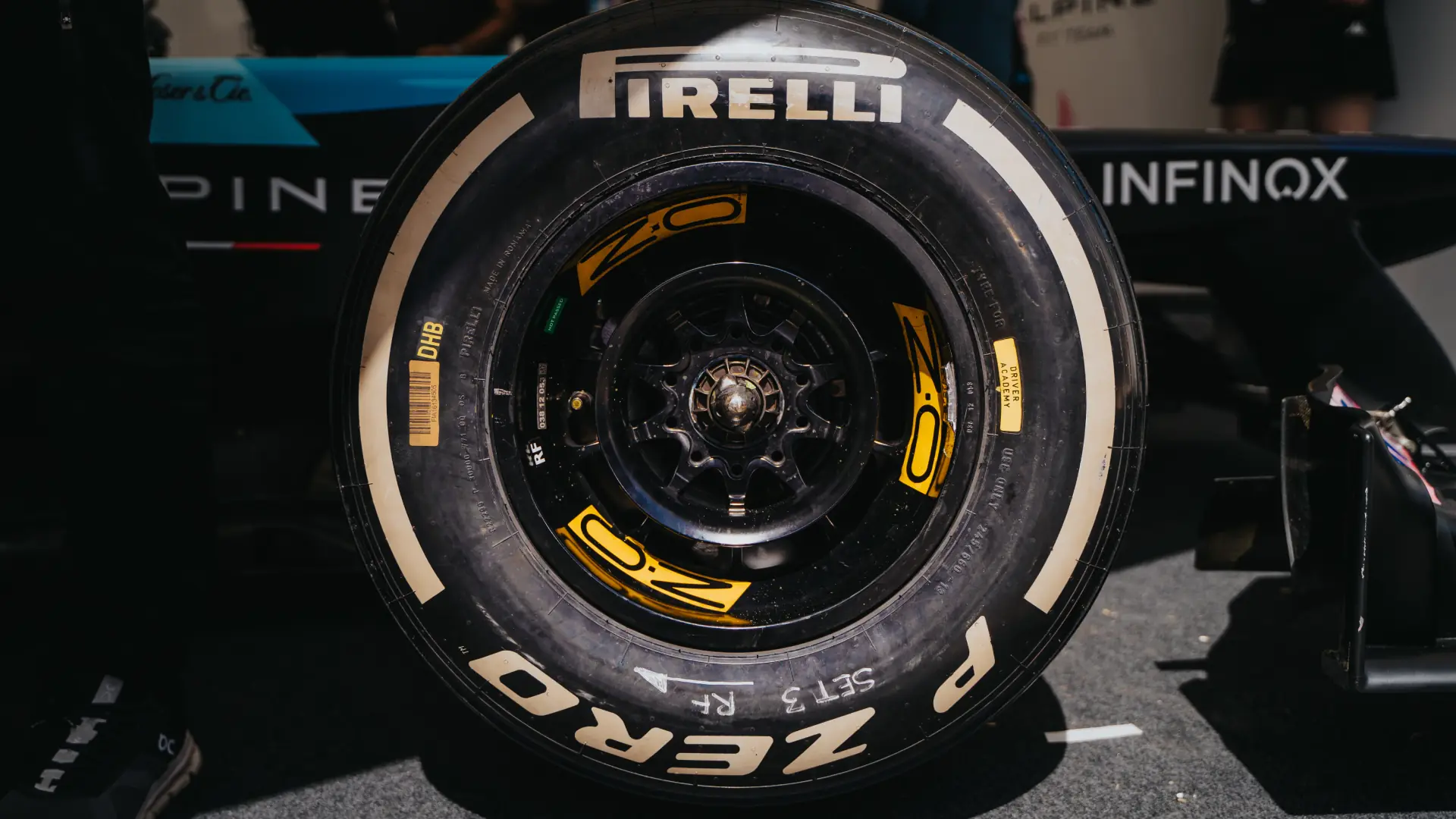
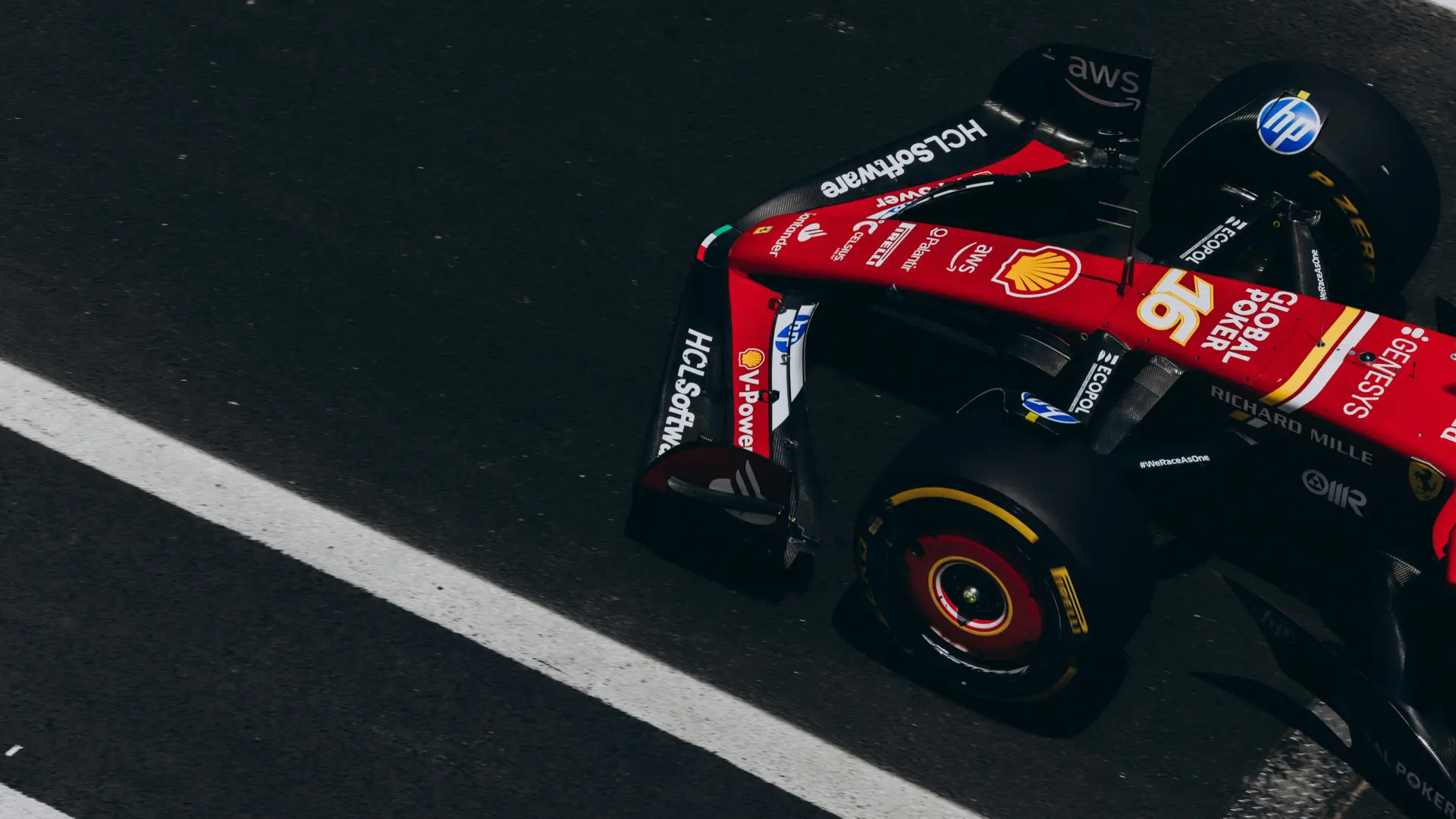

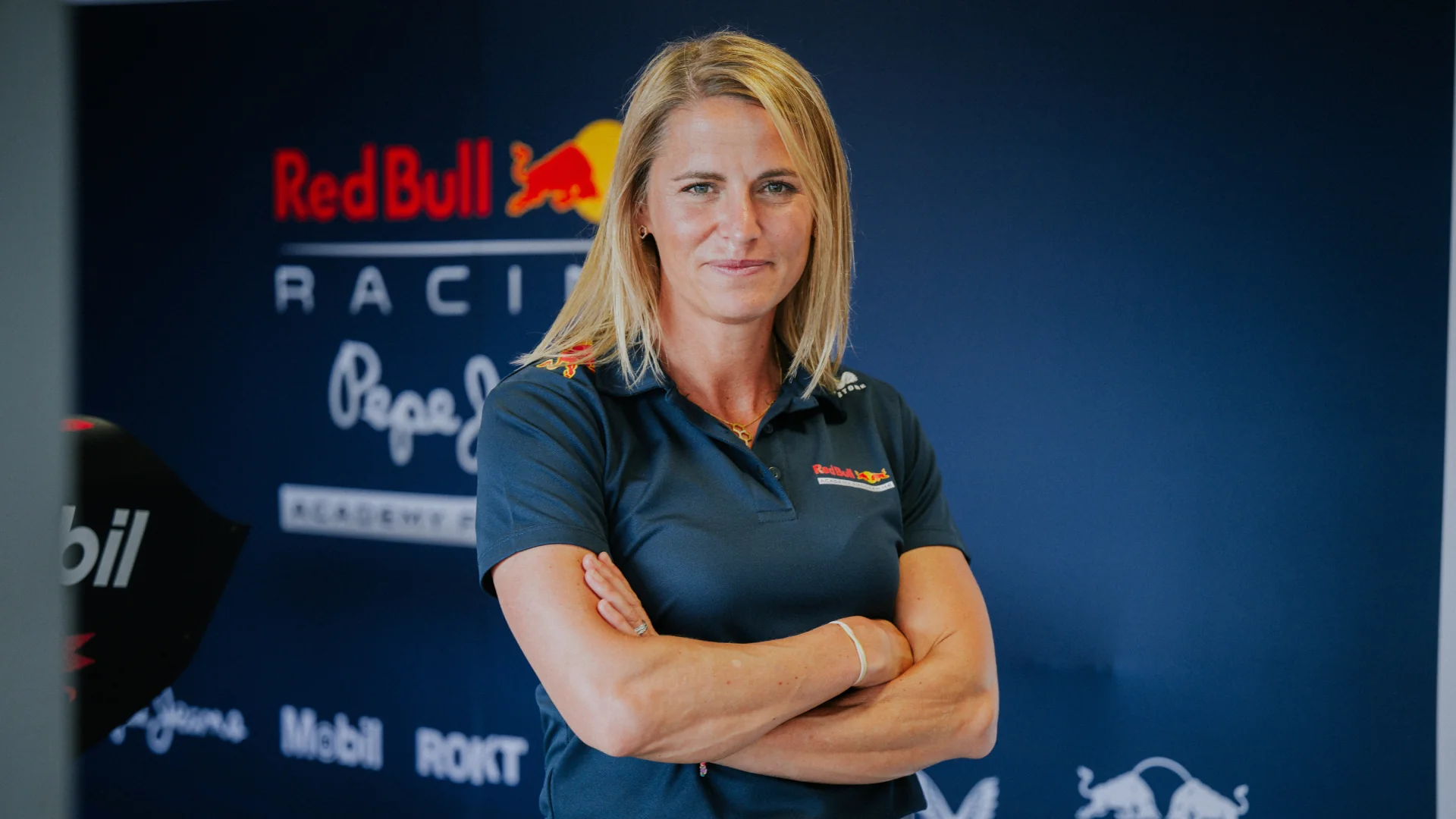
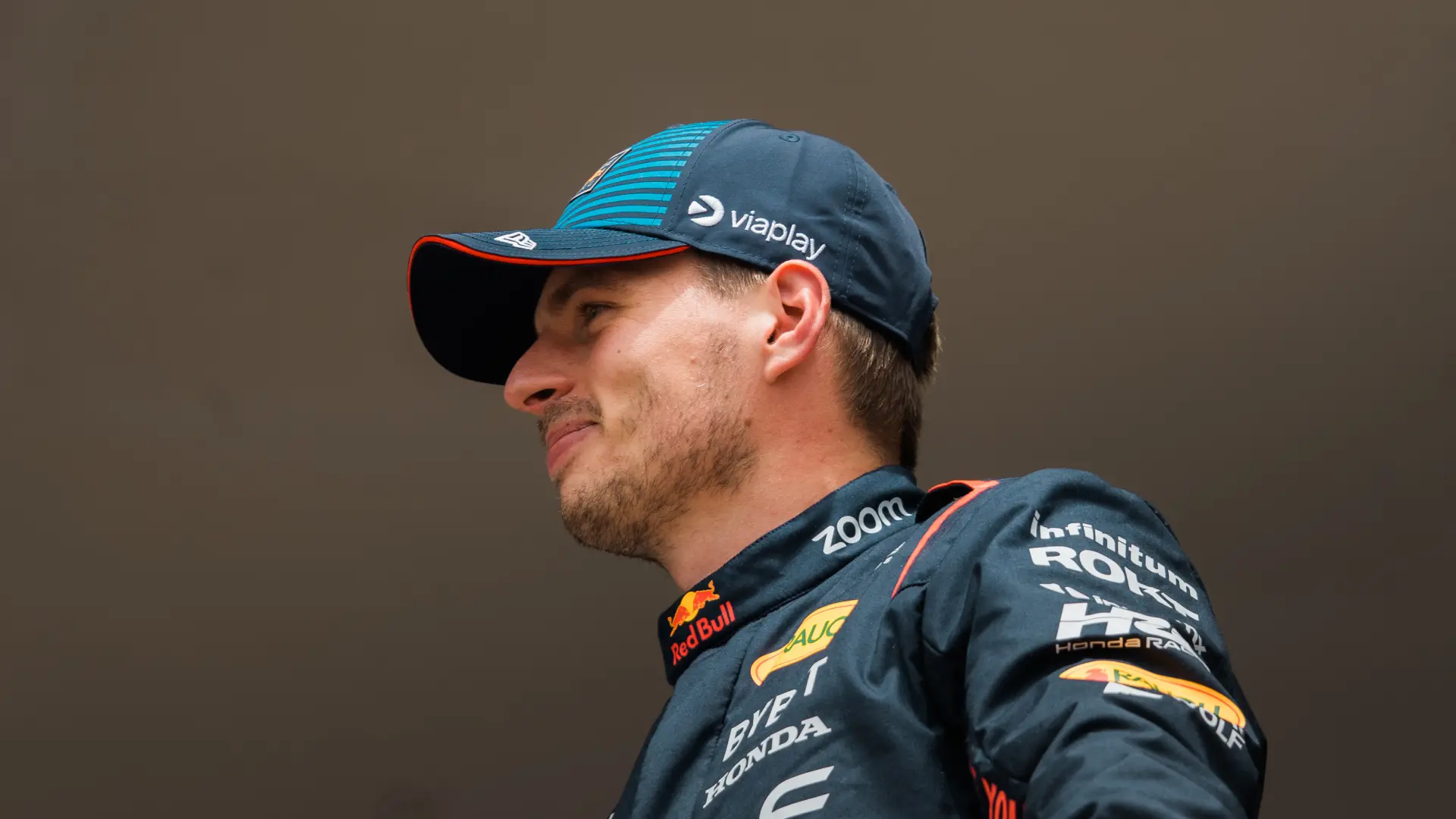
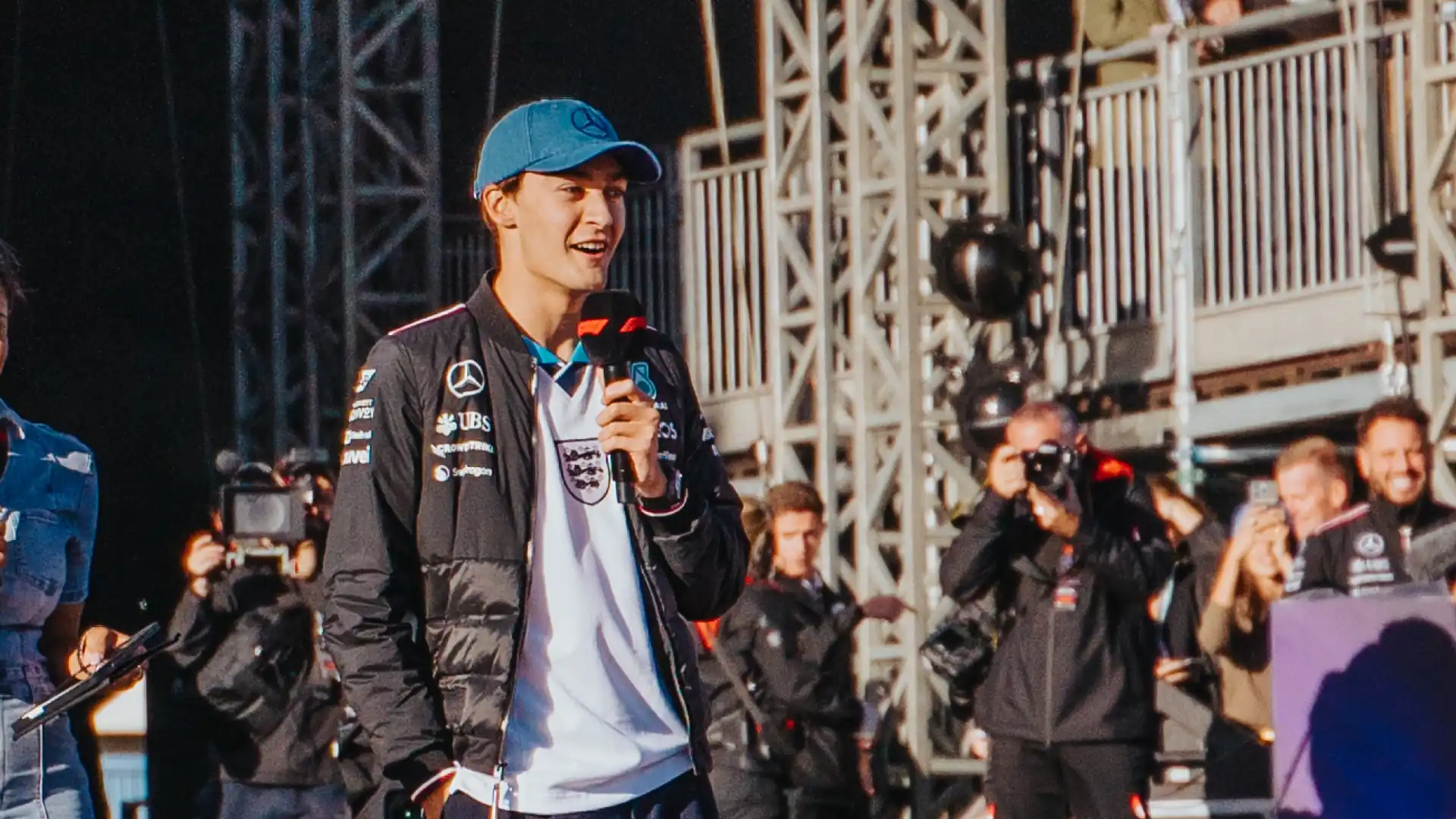

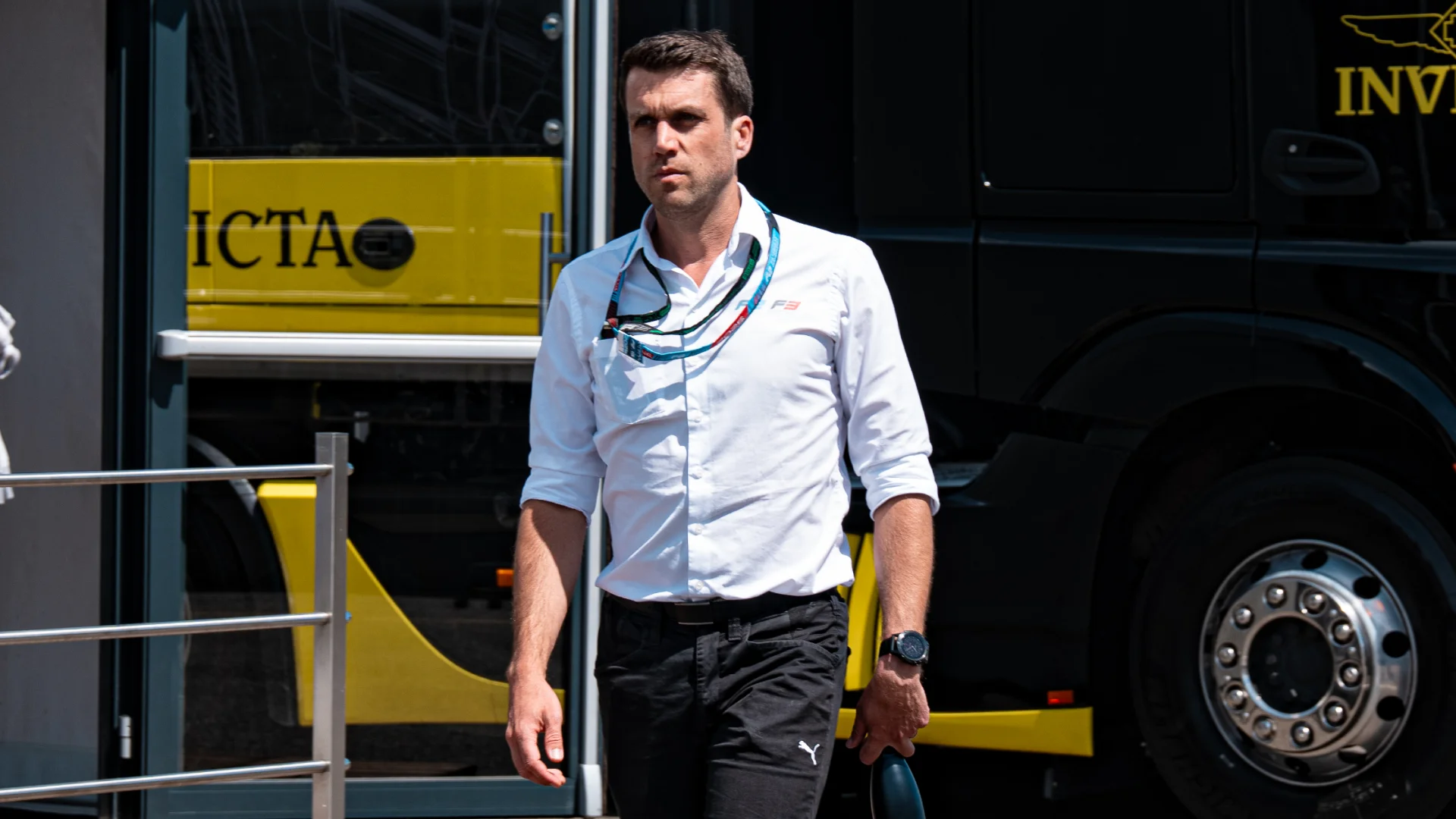




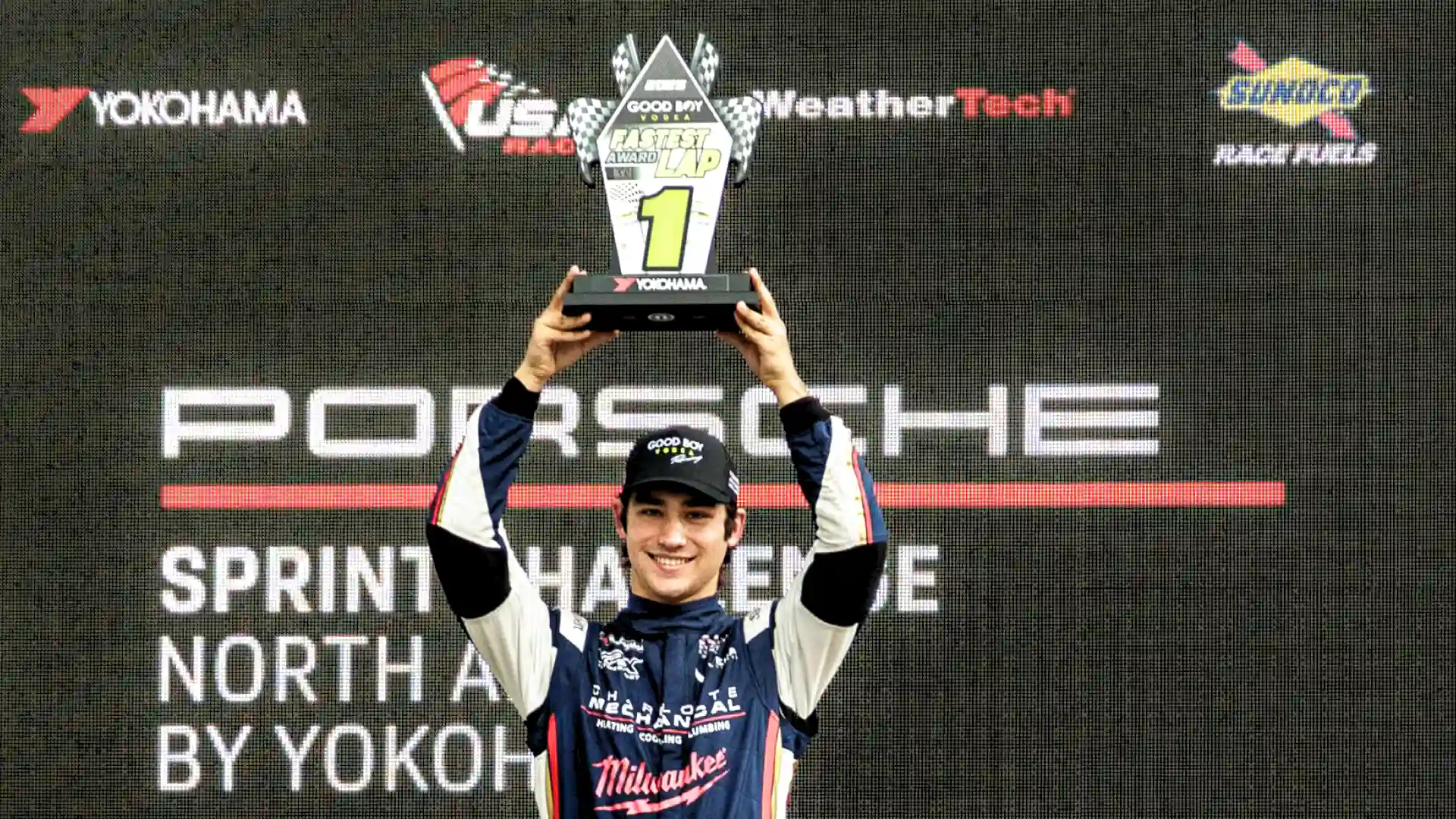
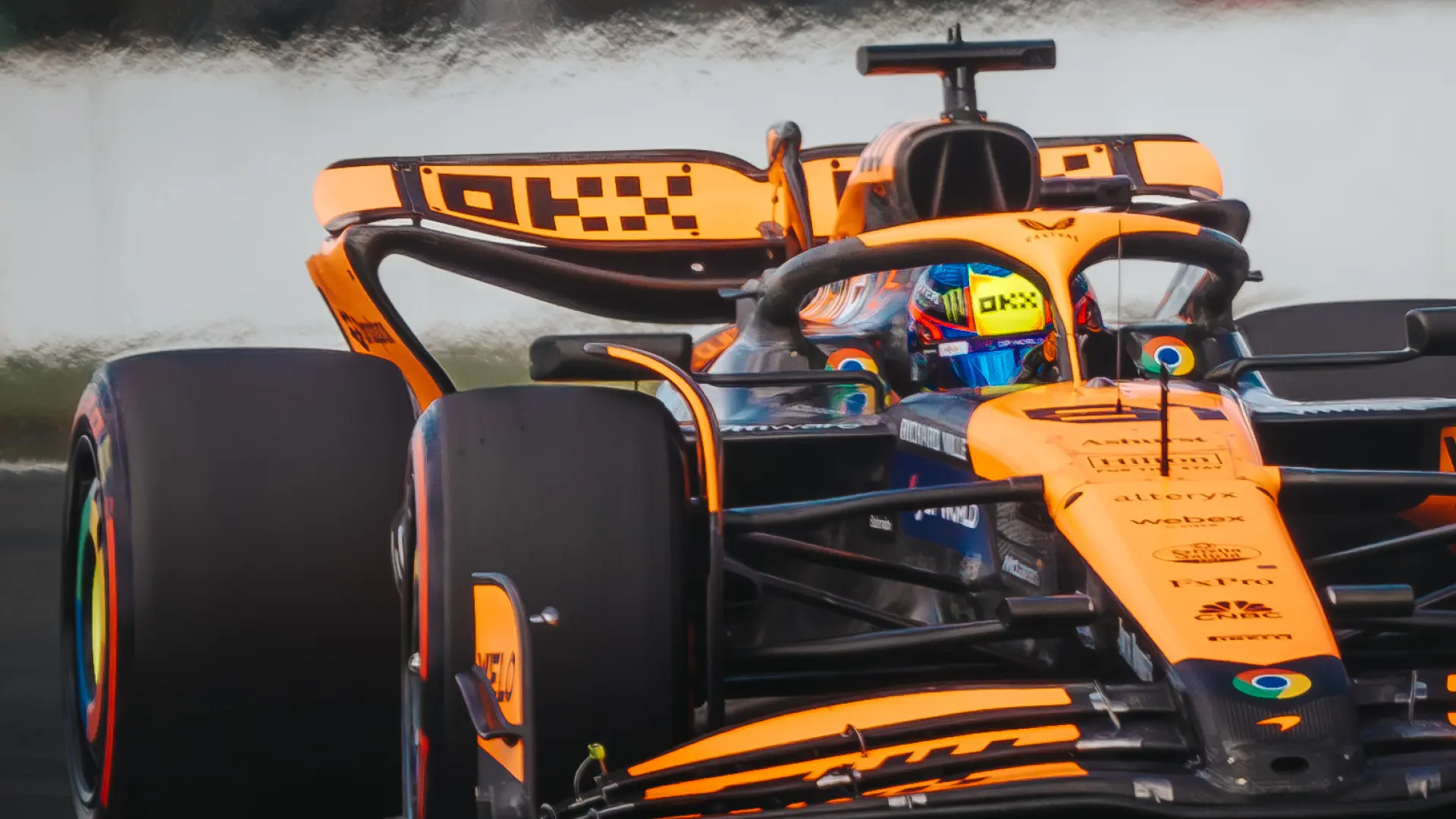
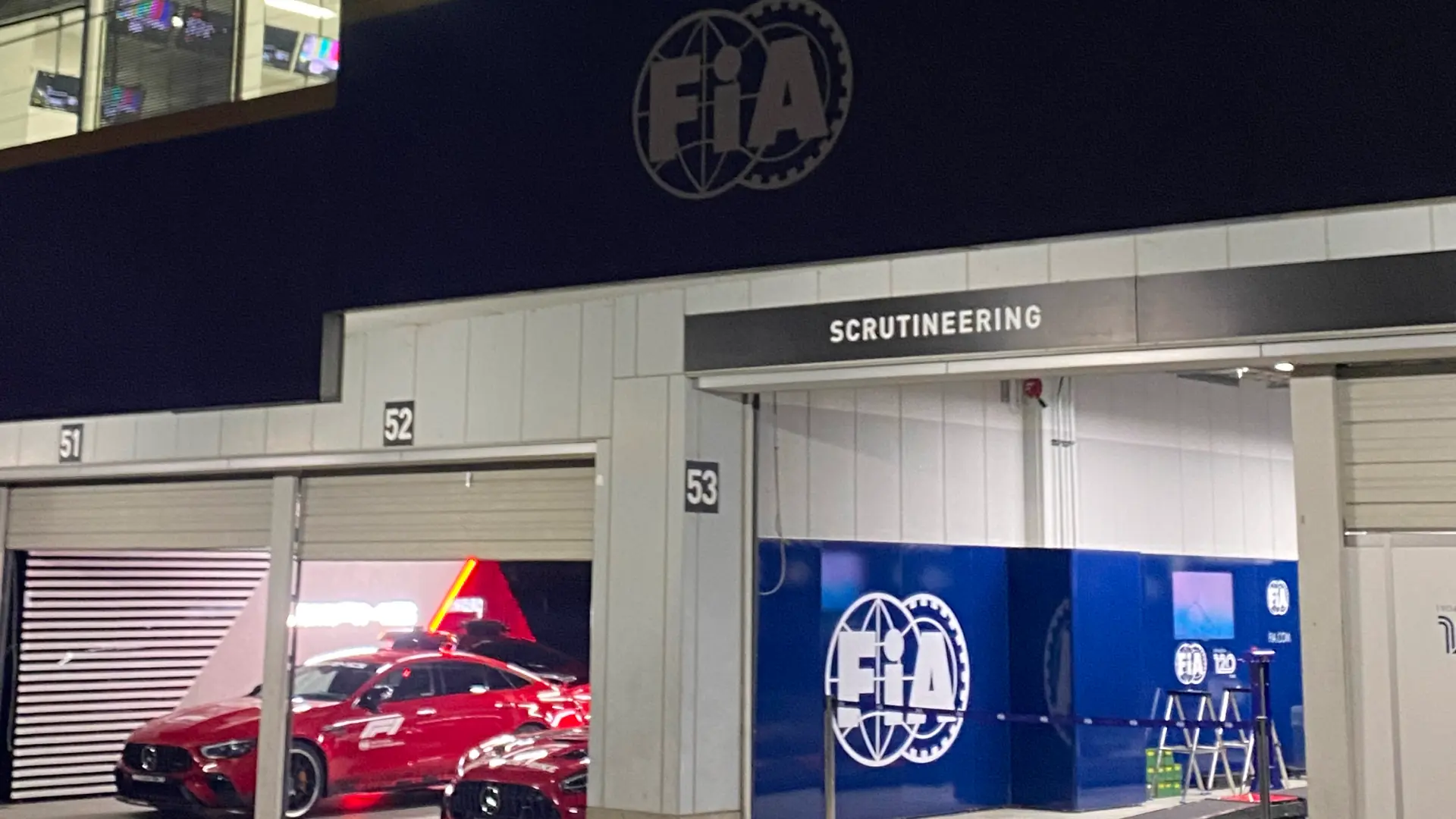

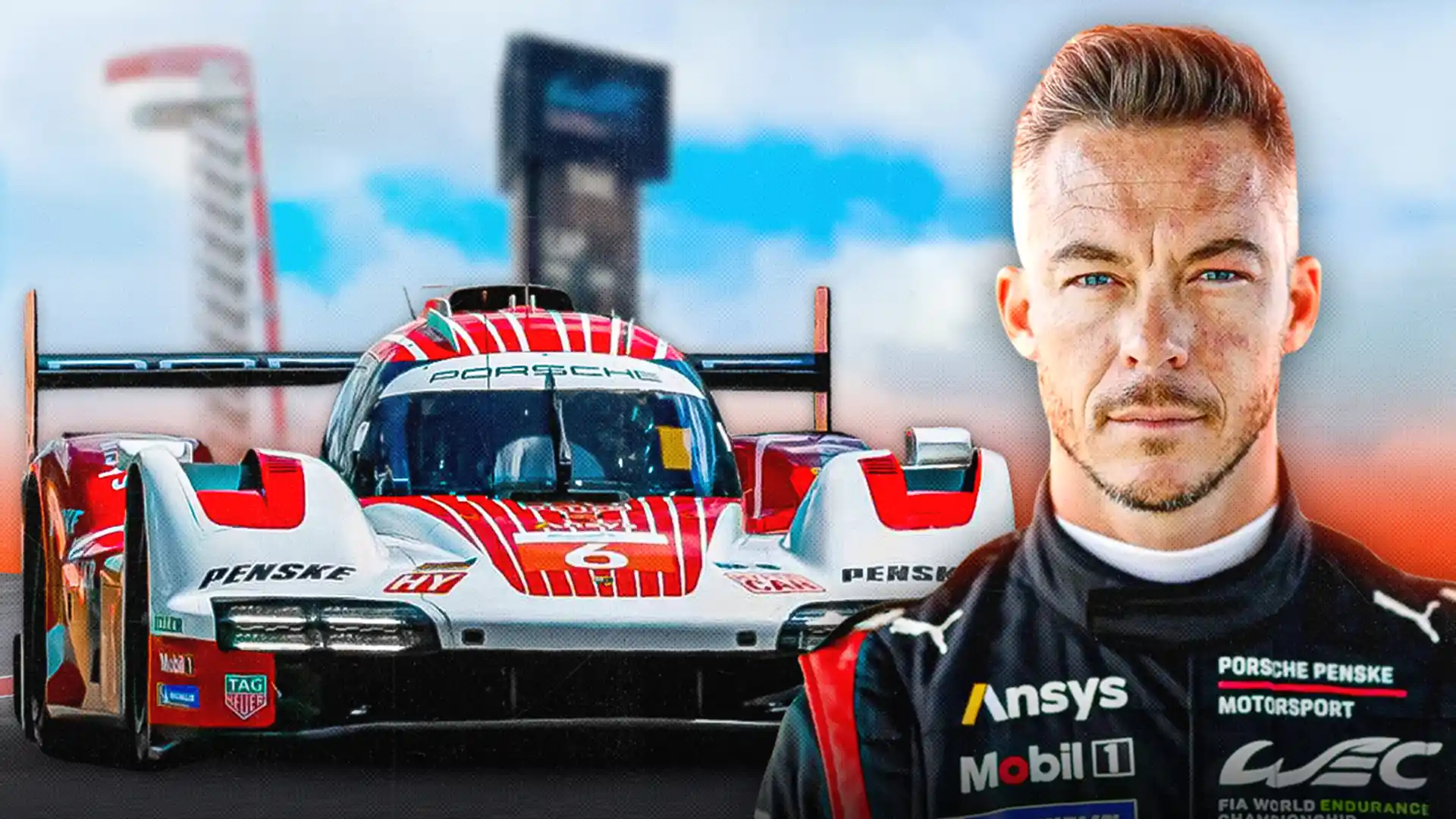
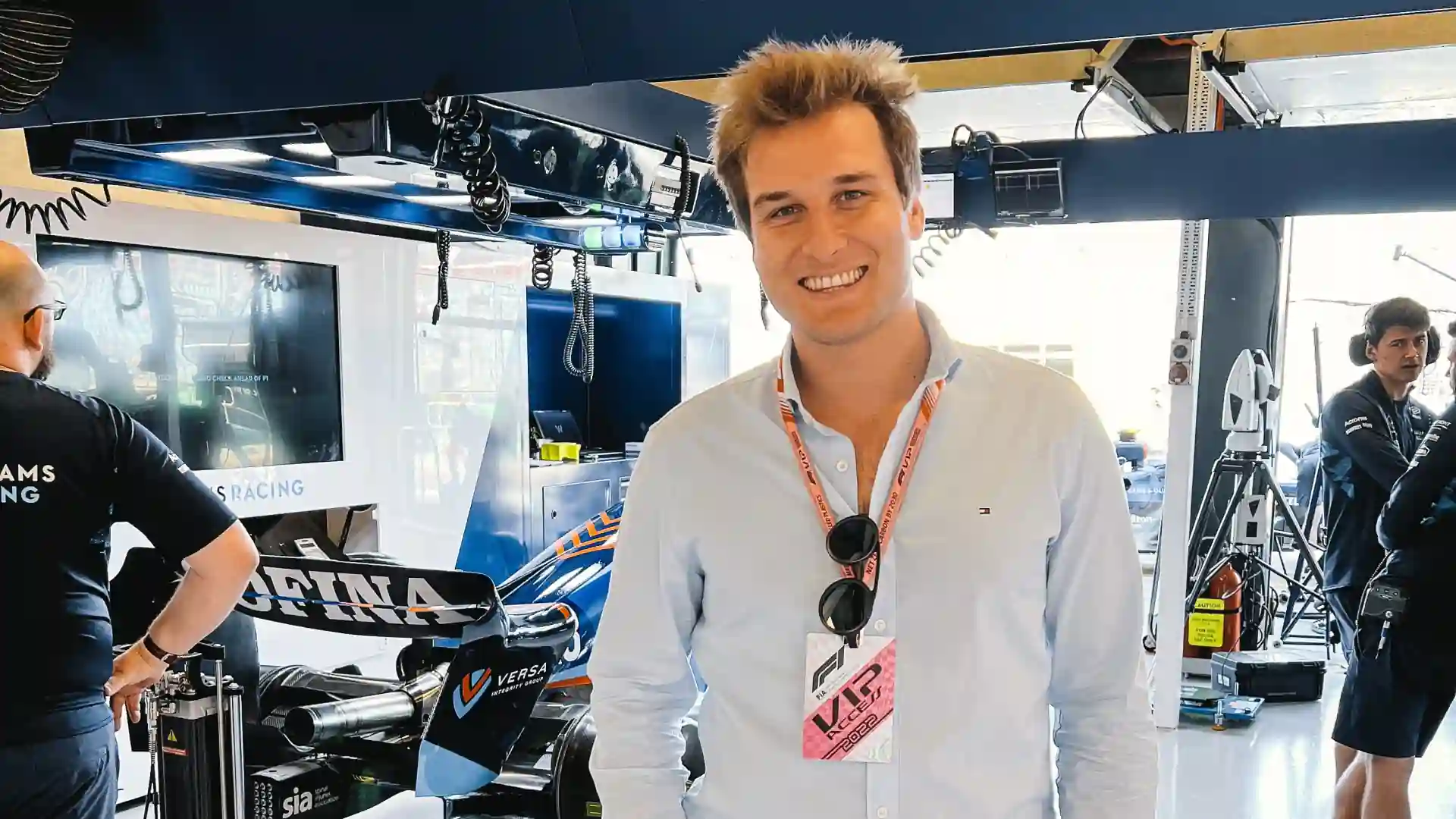
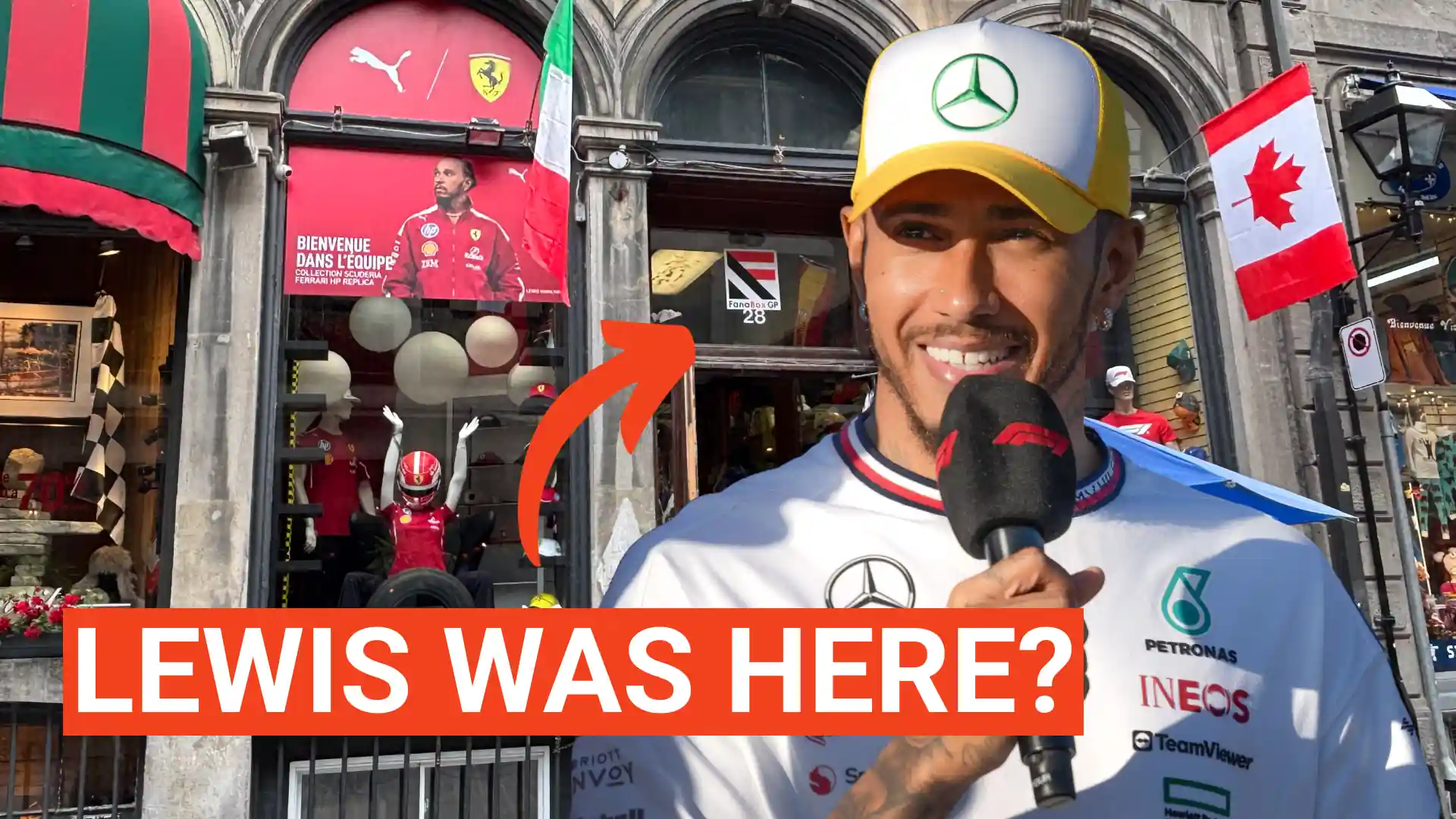

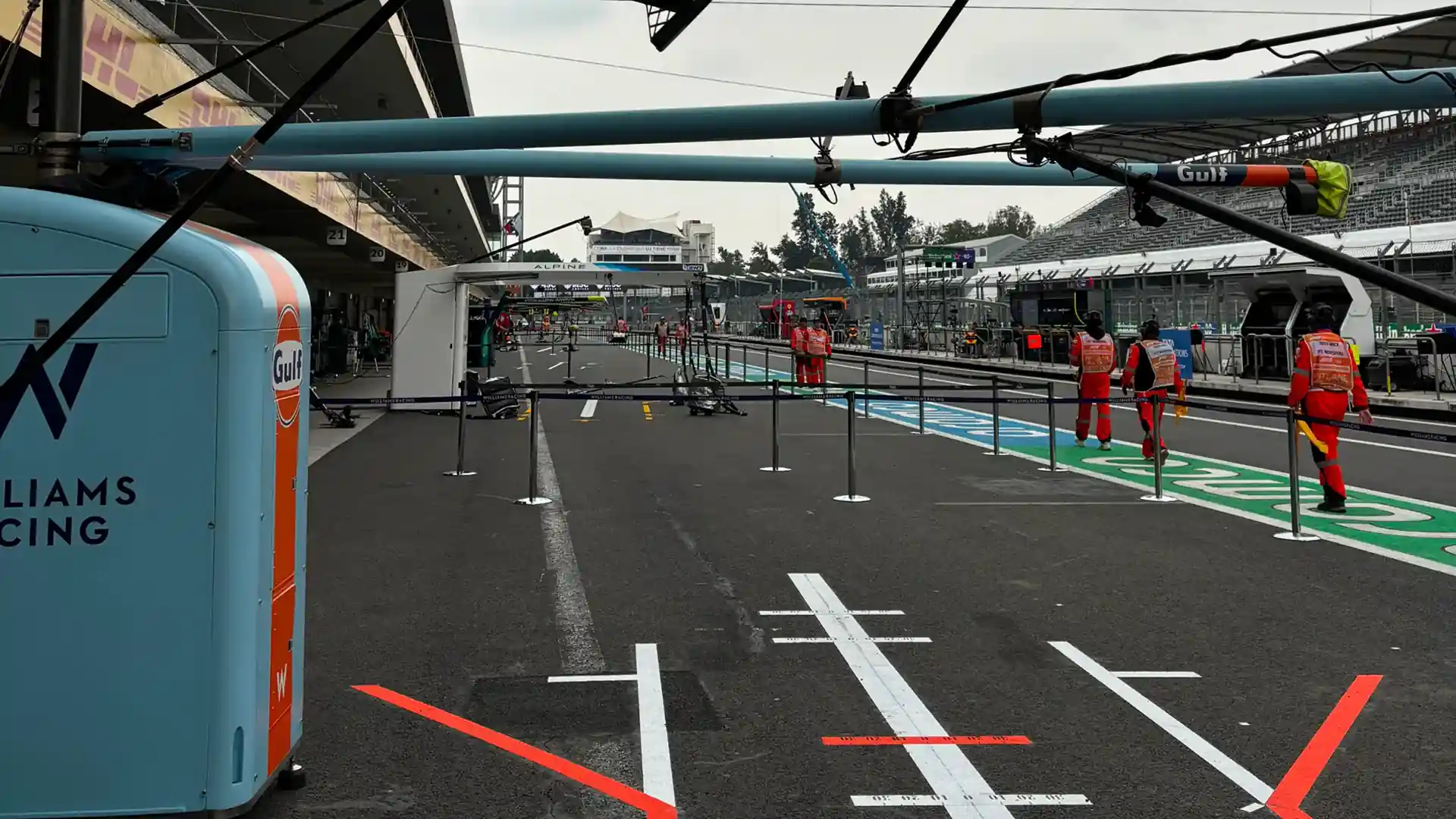
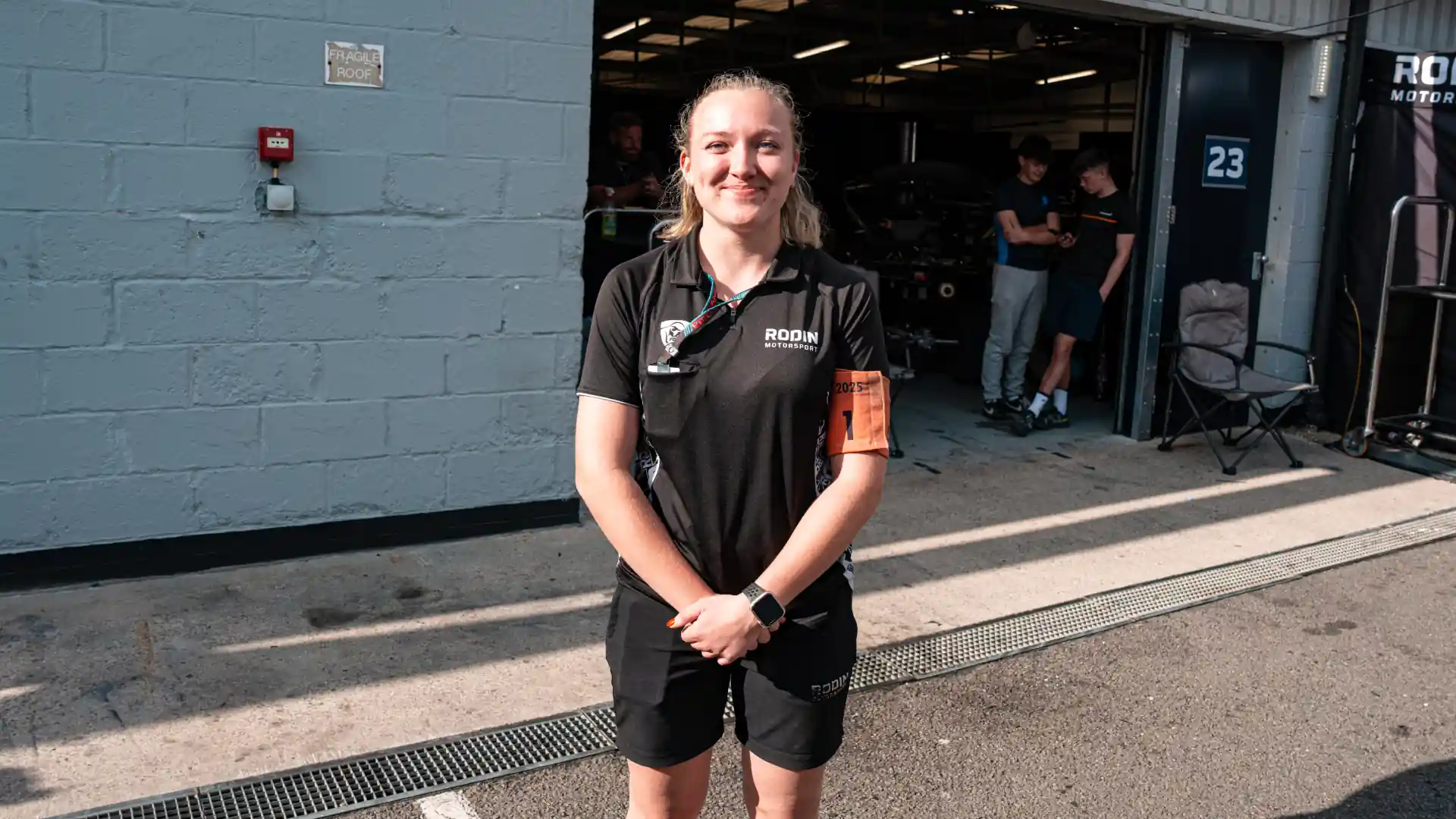
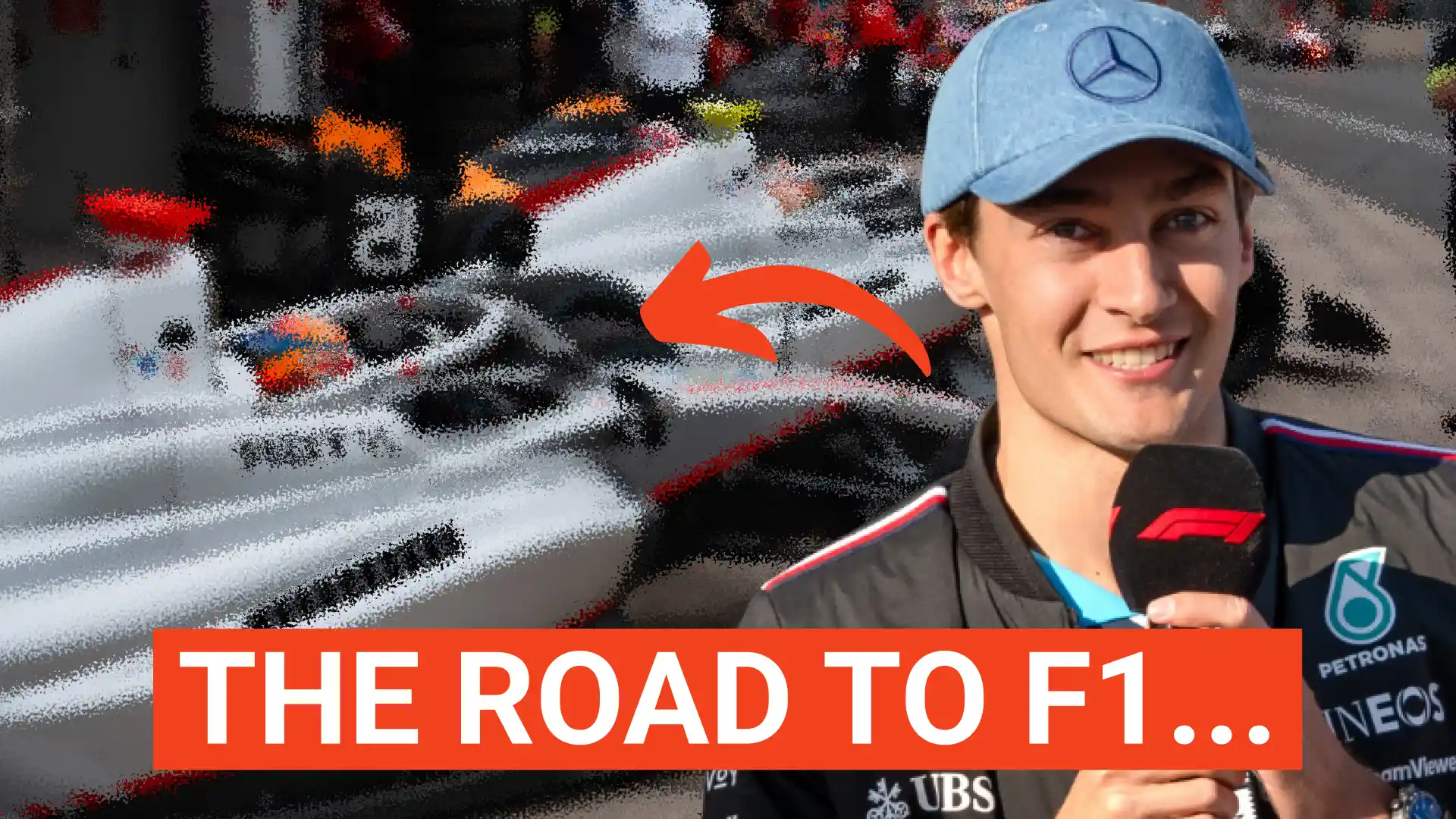
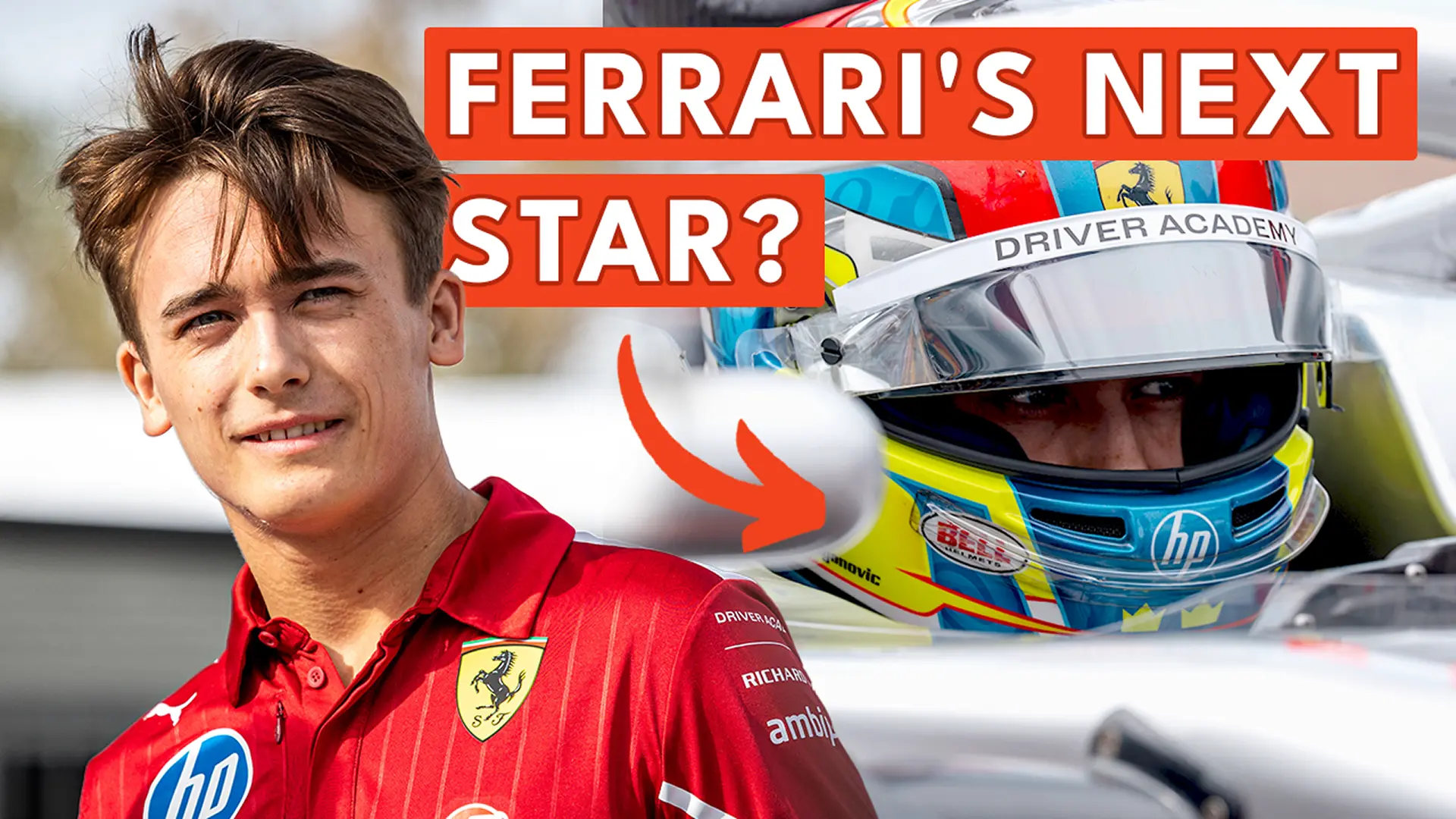
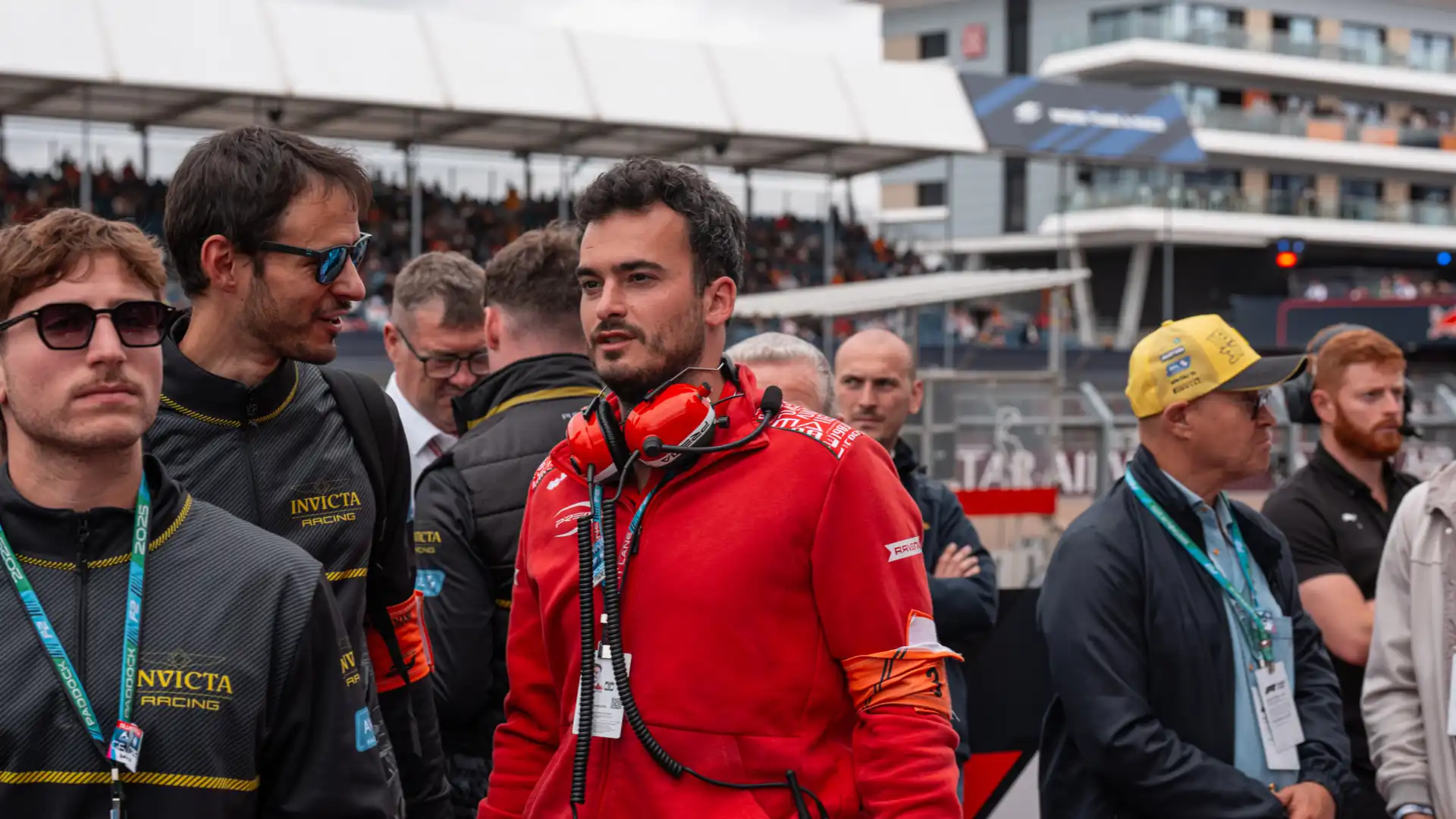
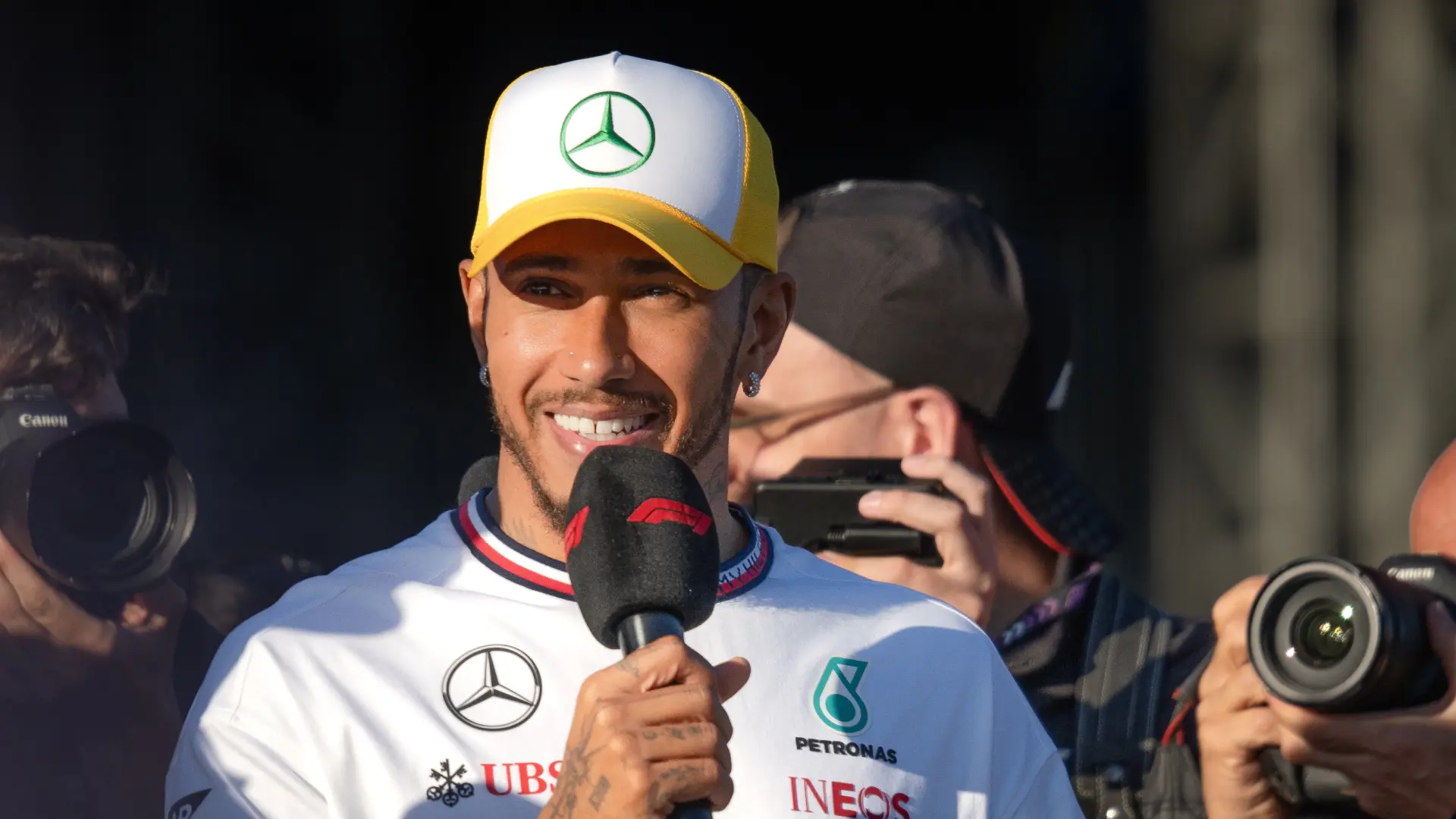




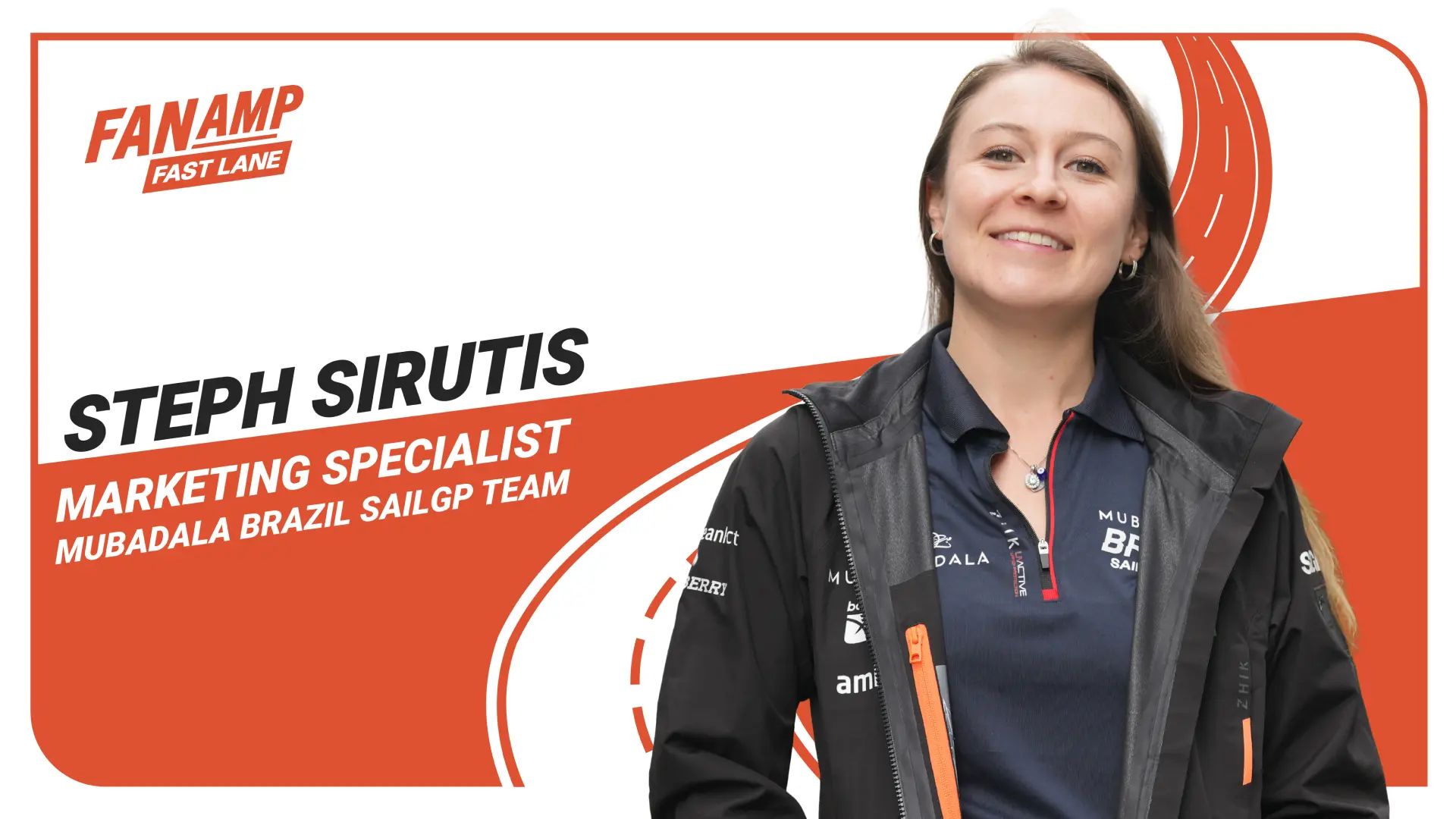





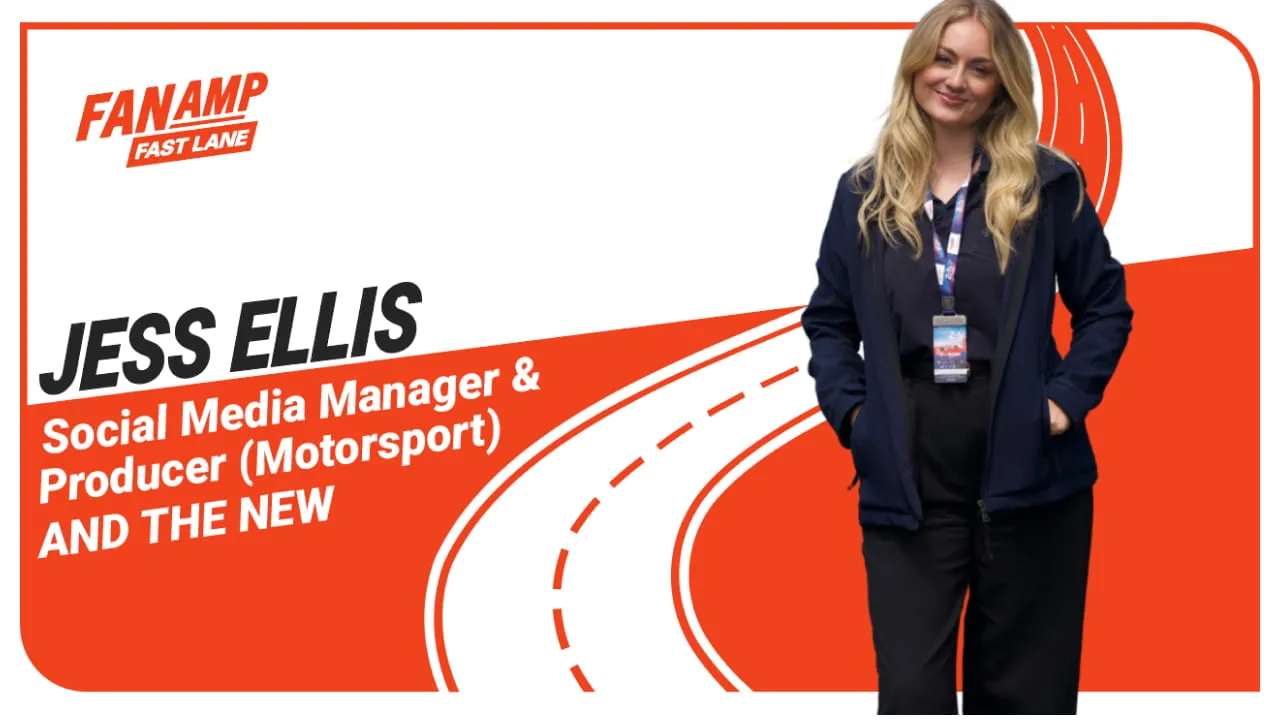


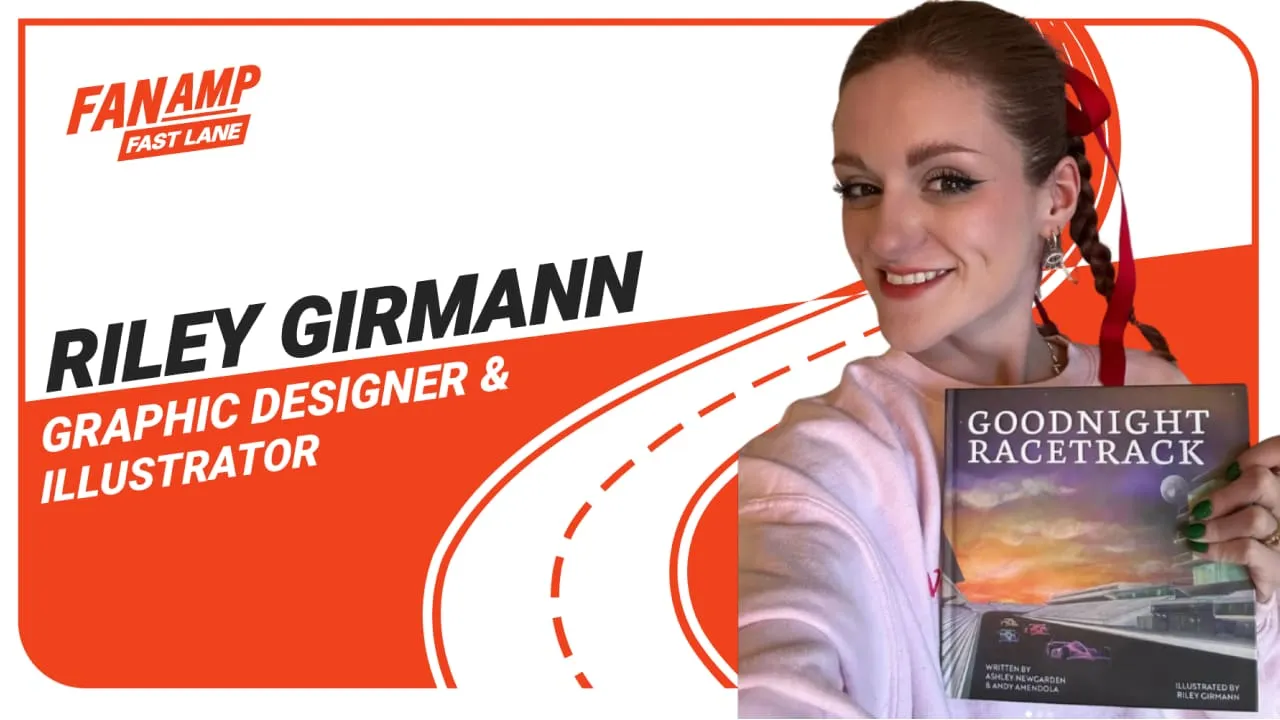

.webp)





.webp)
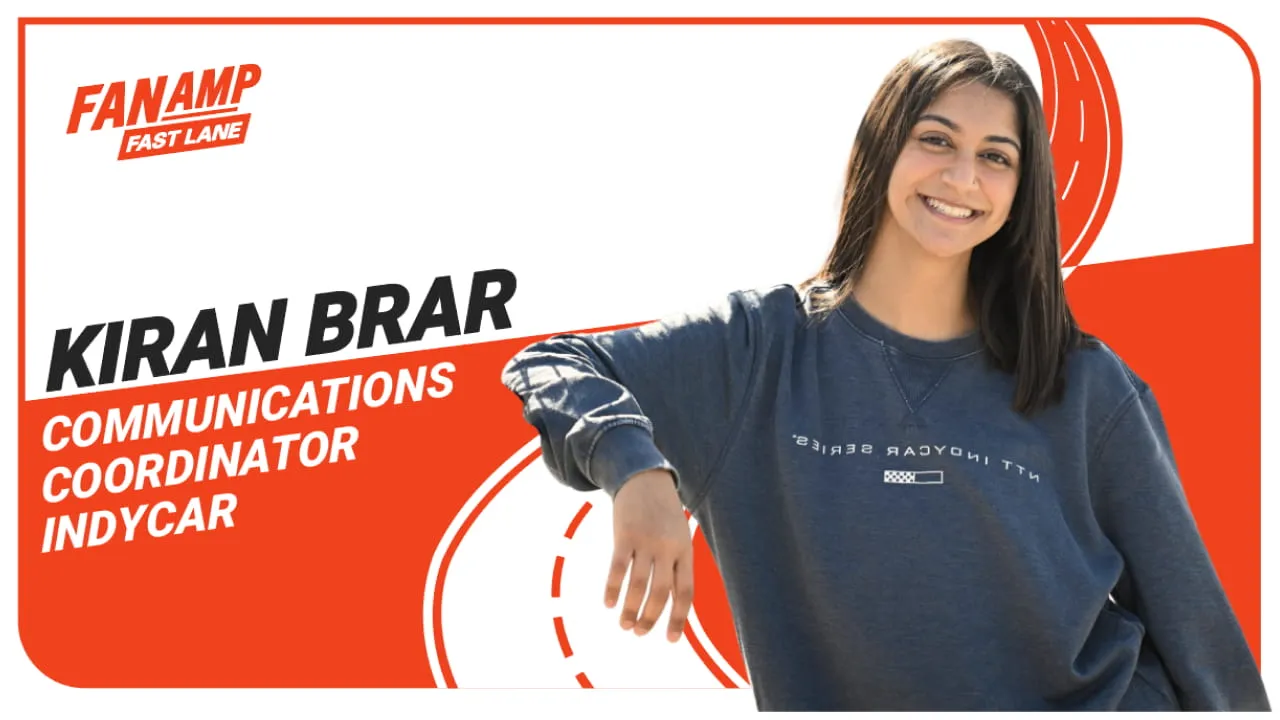








.webp)



